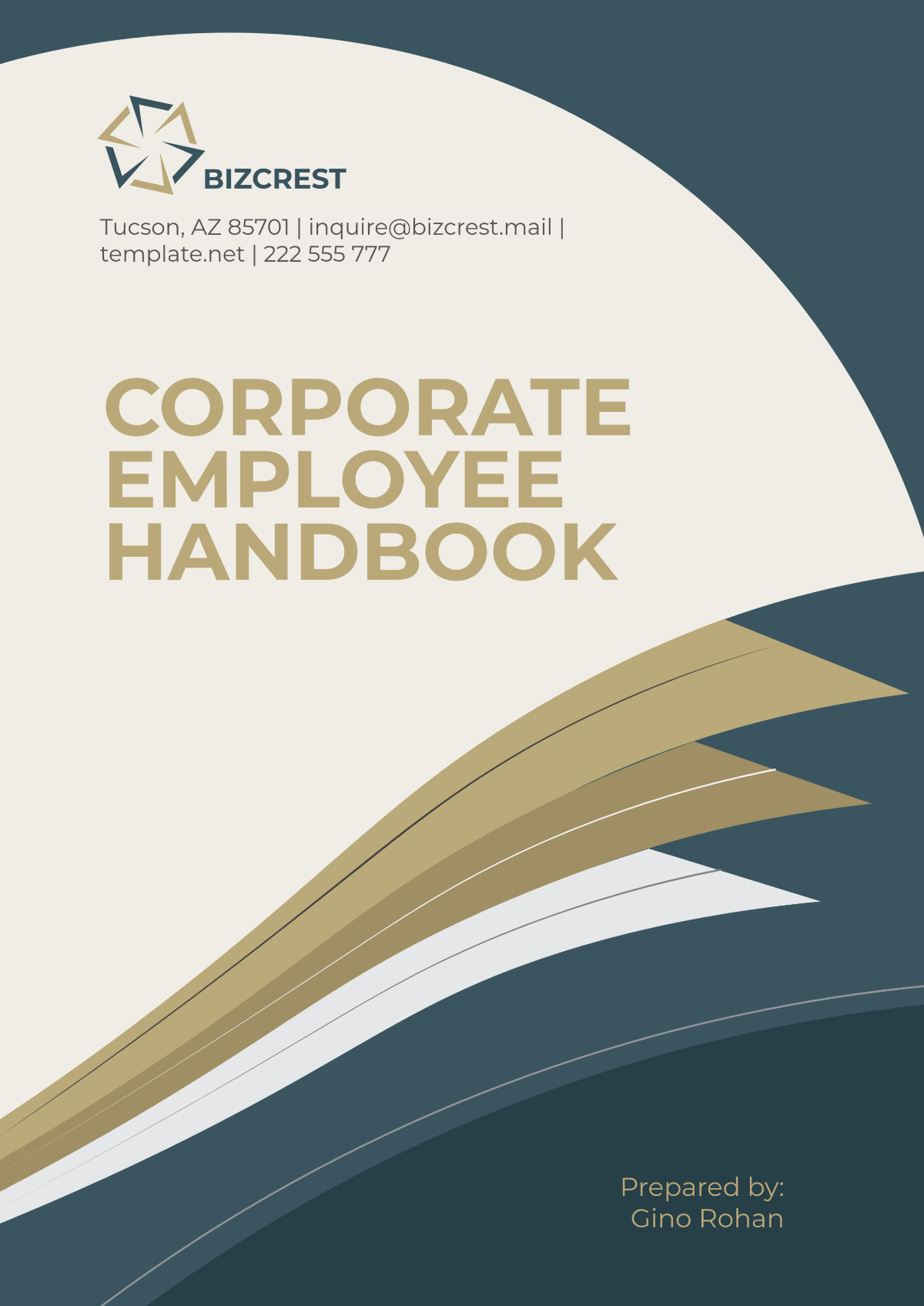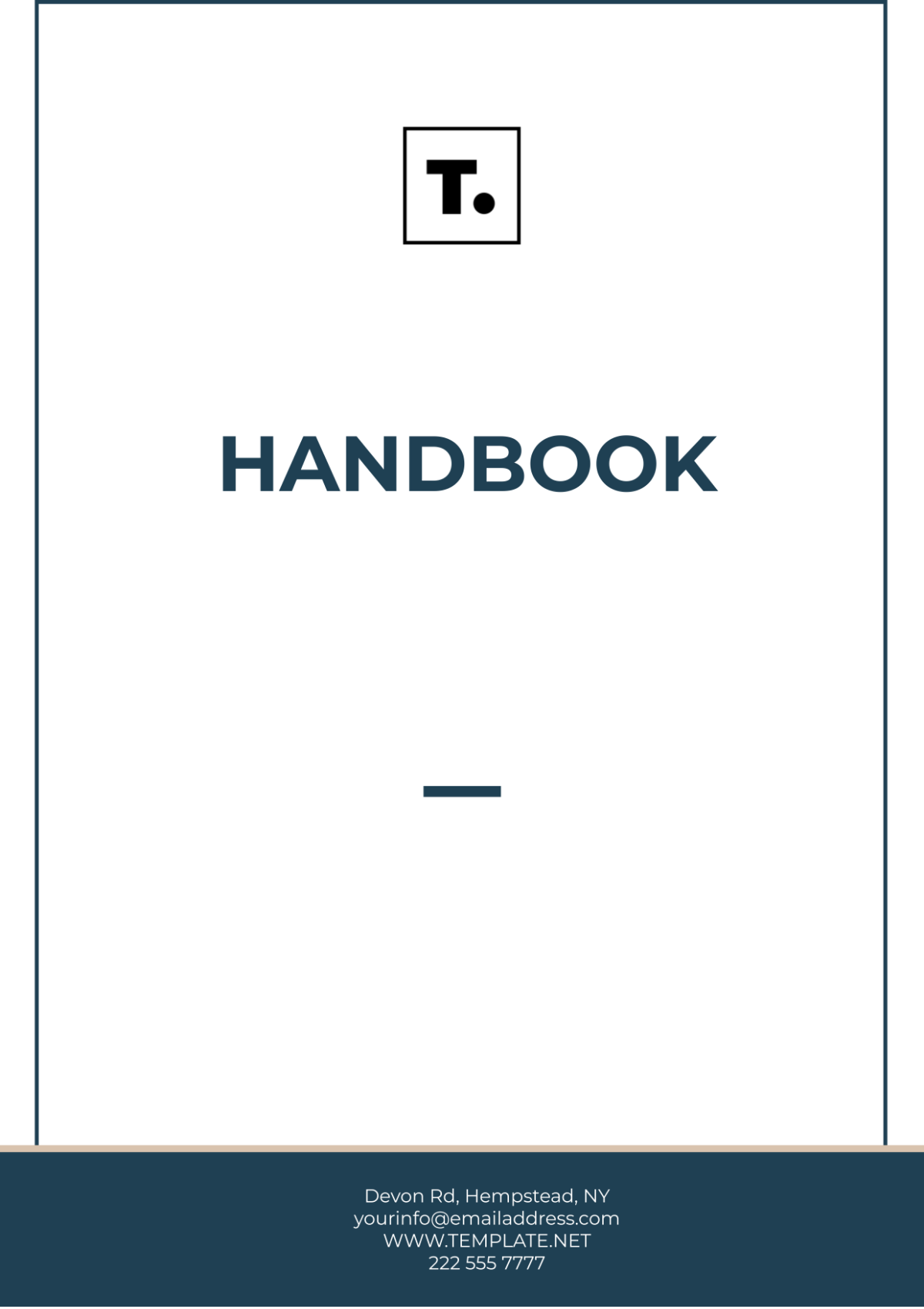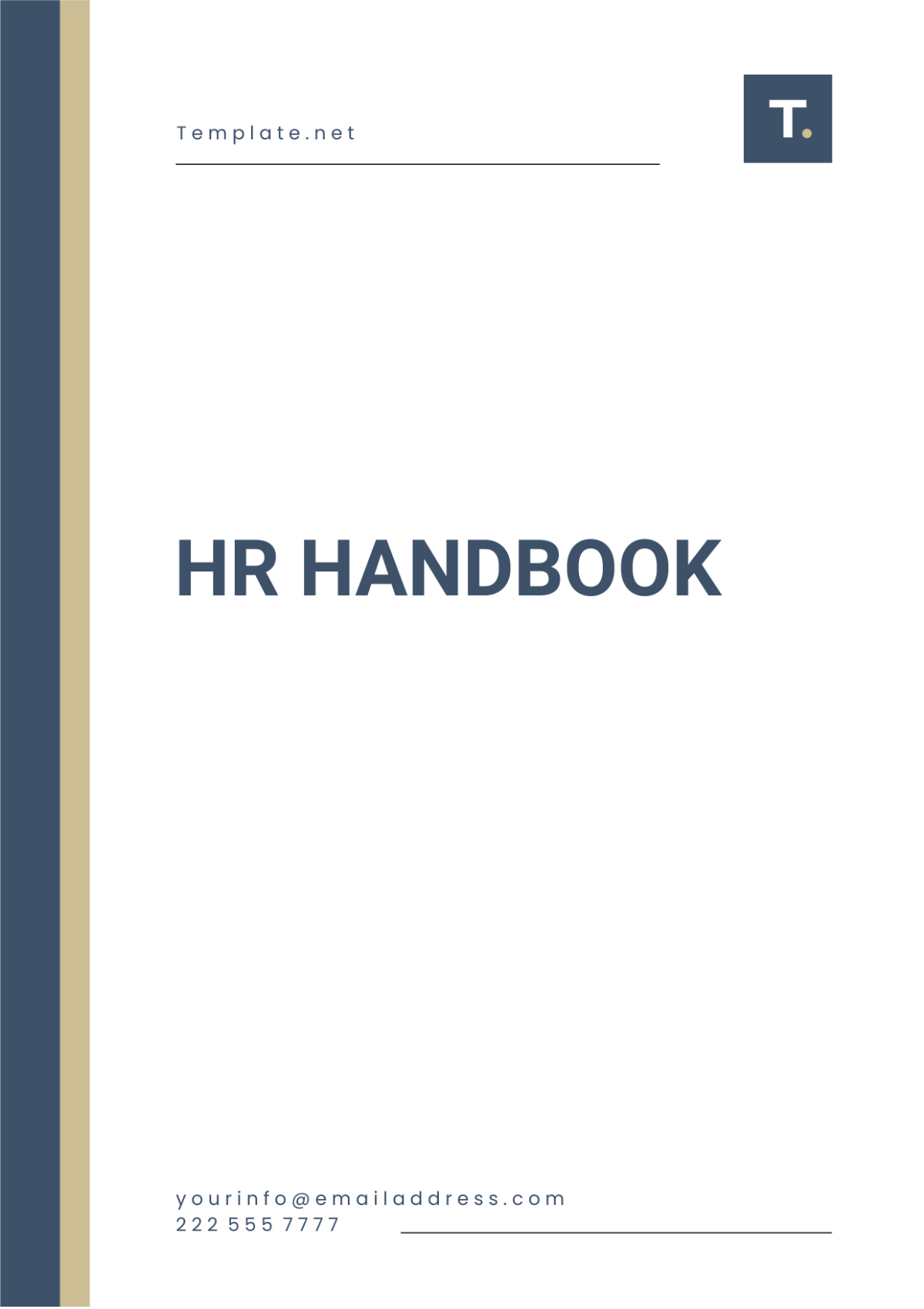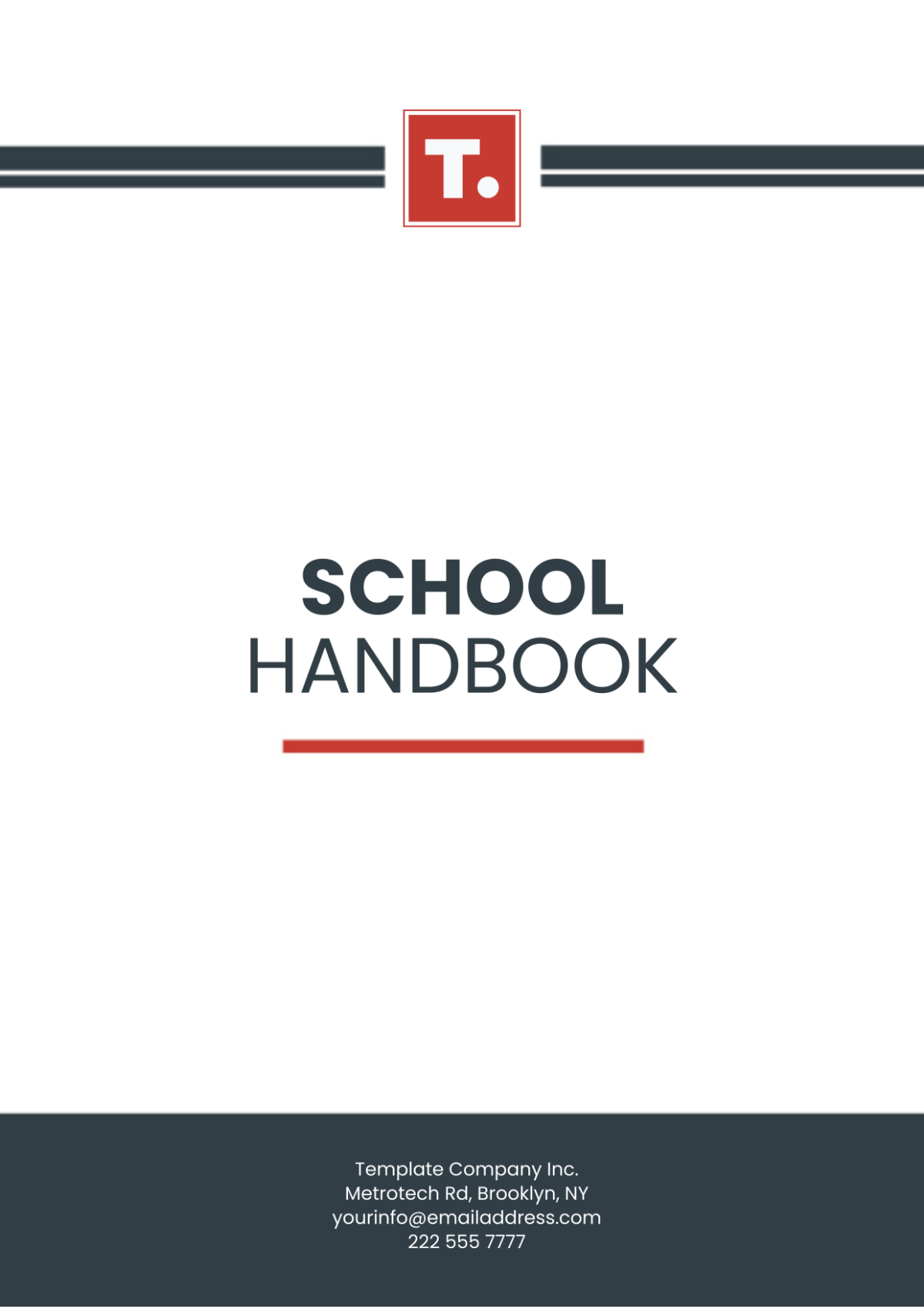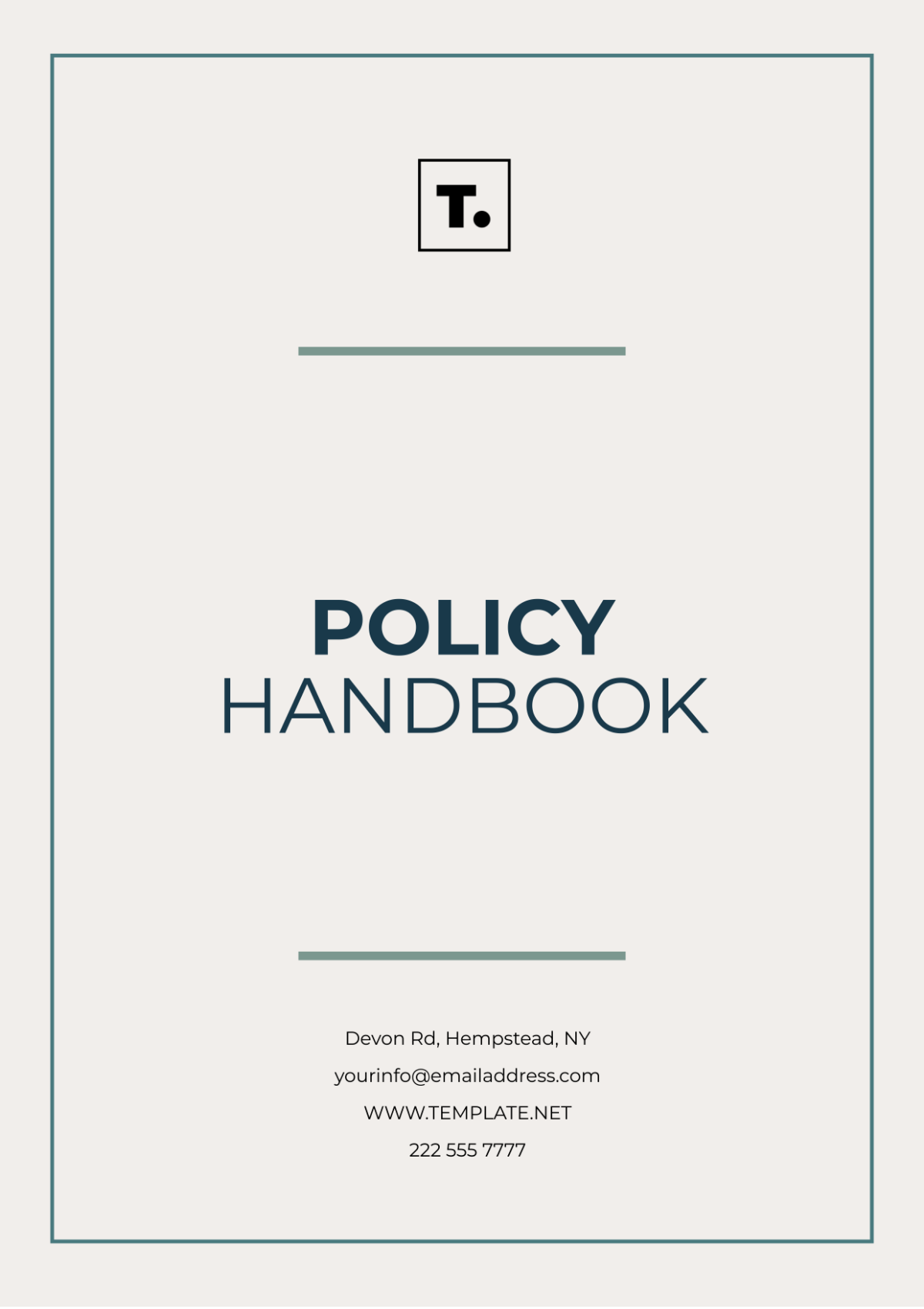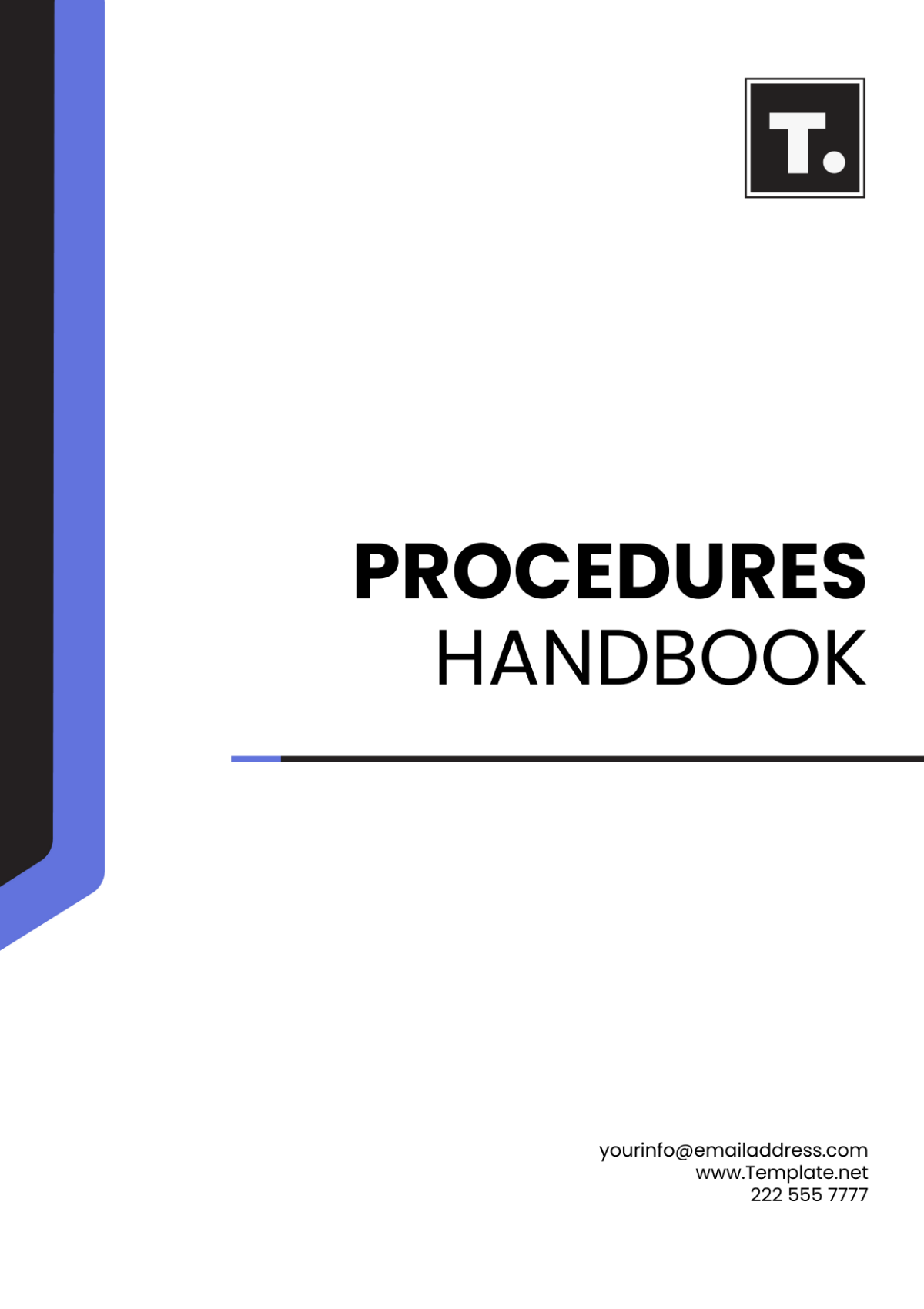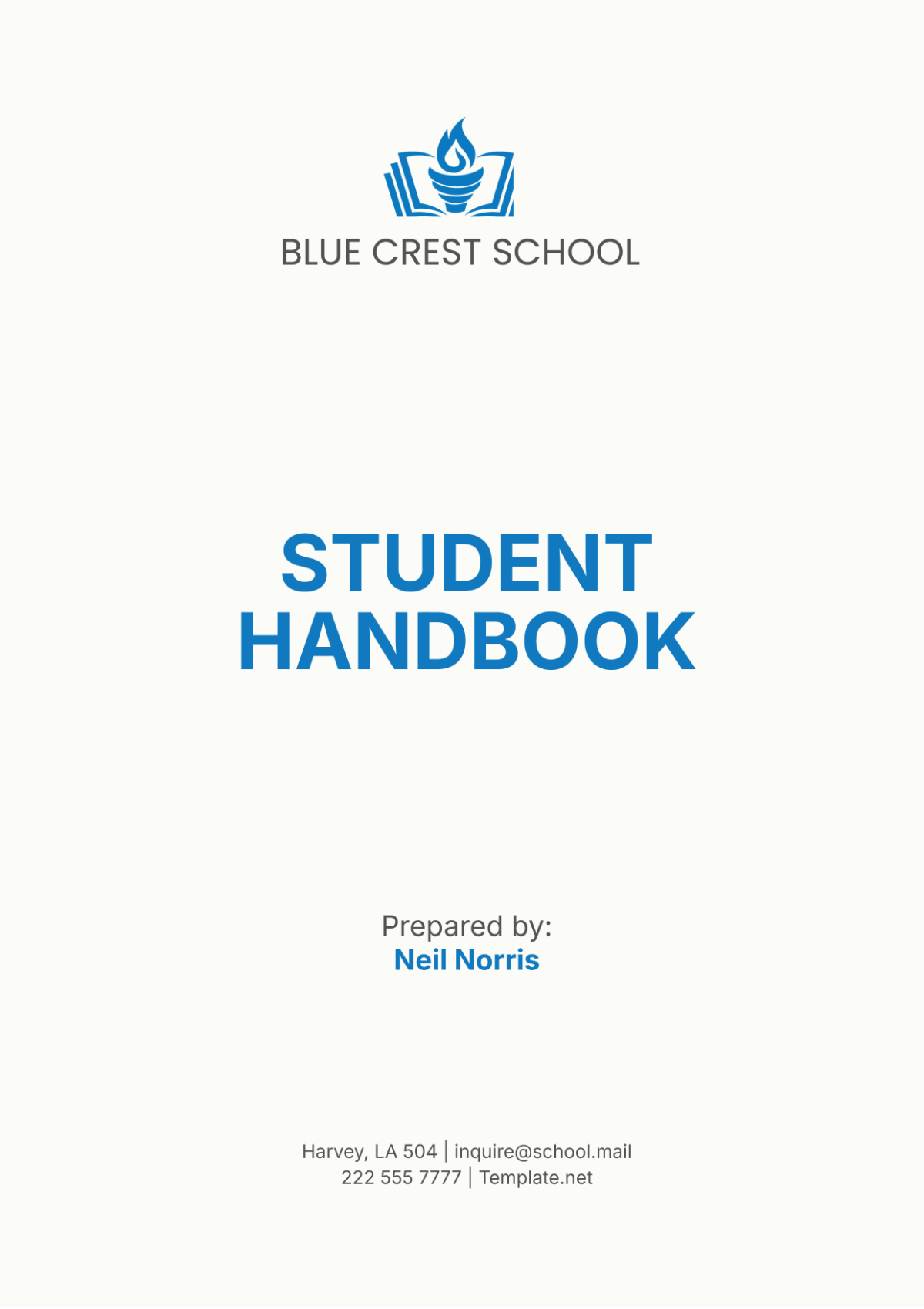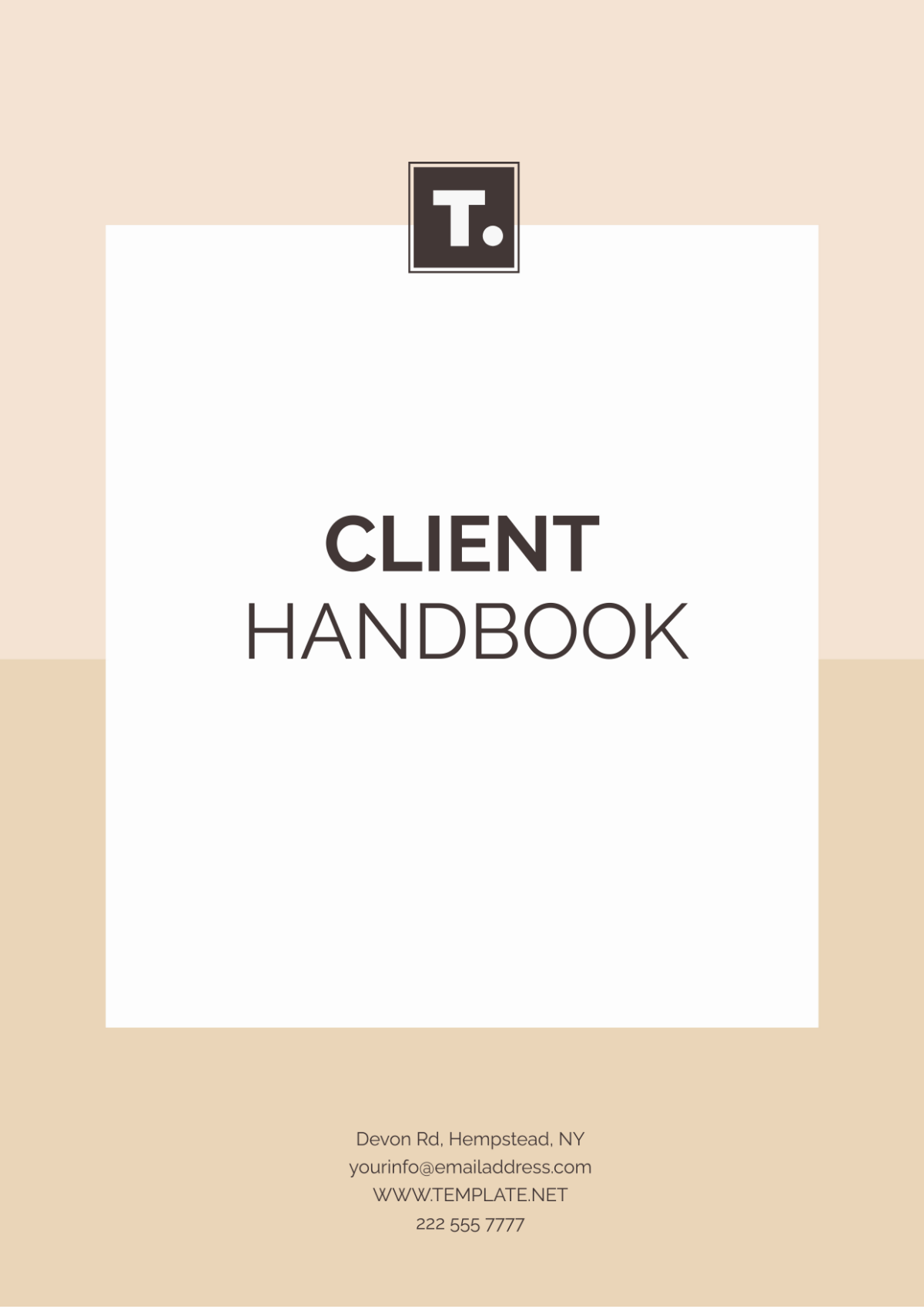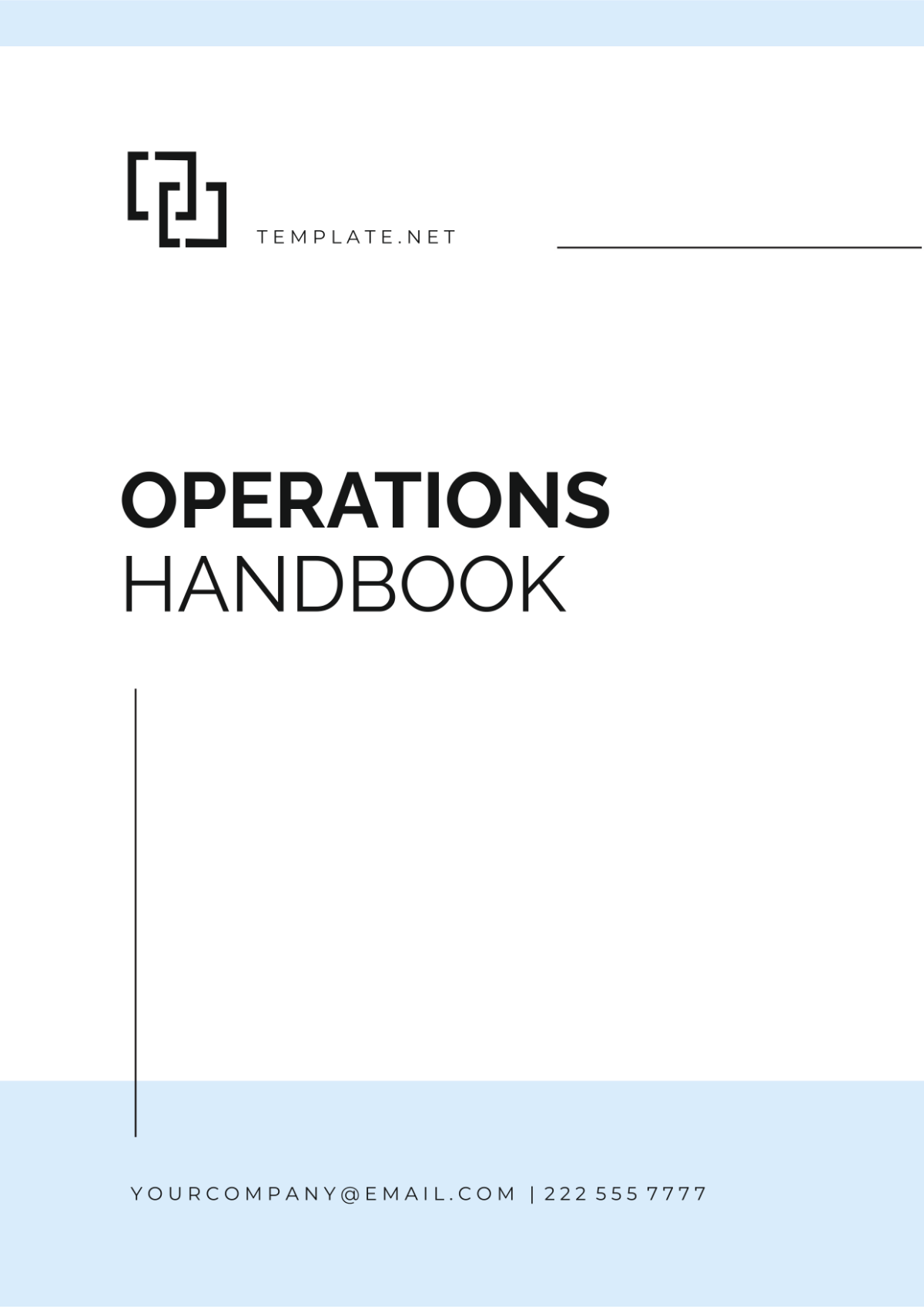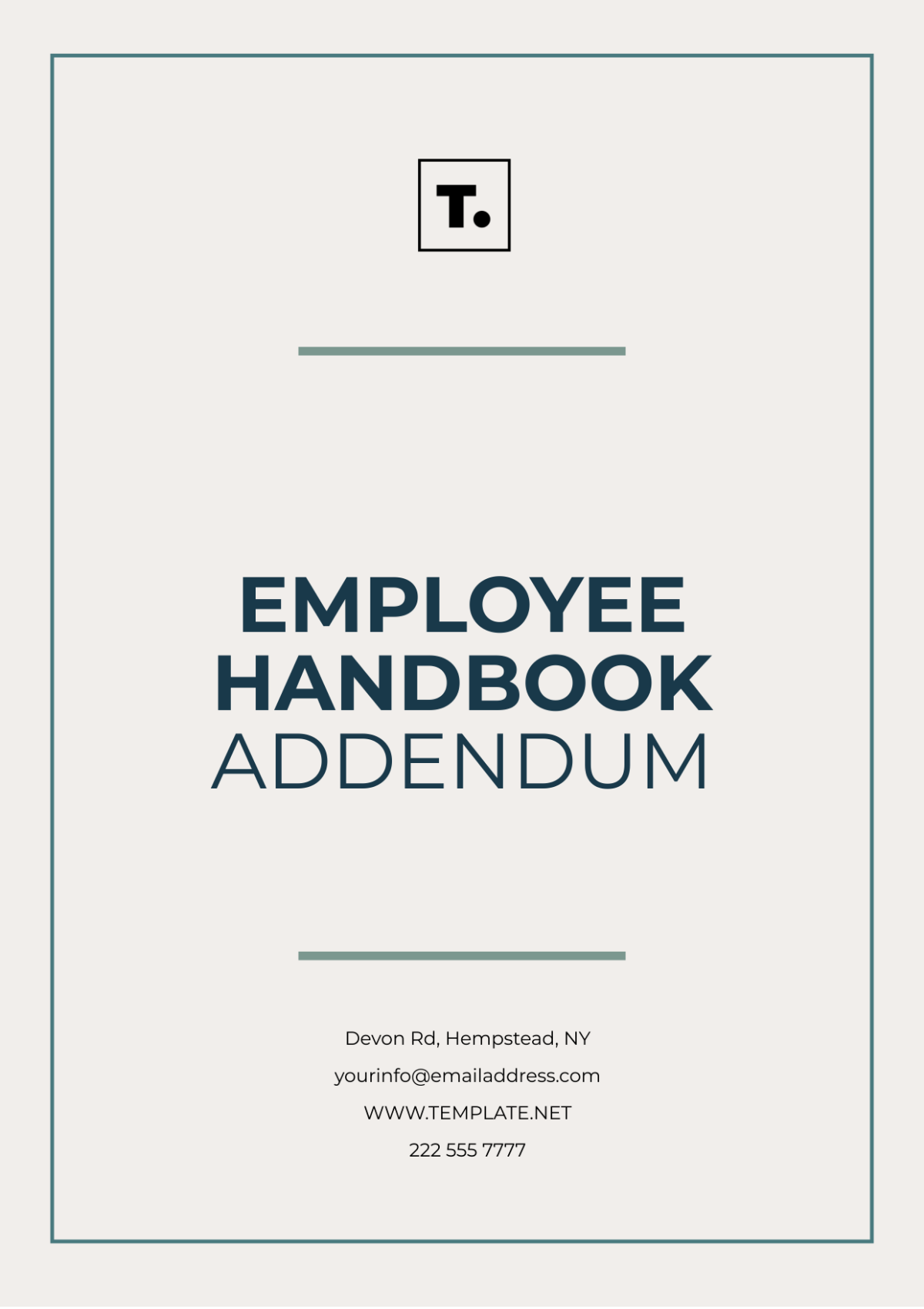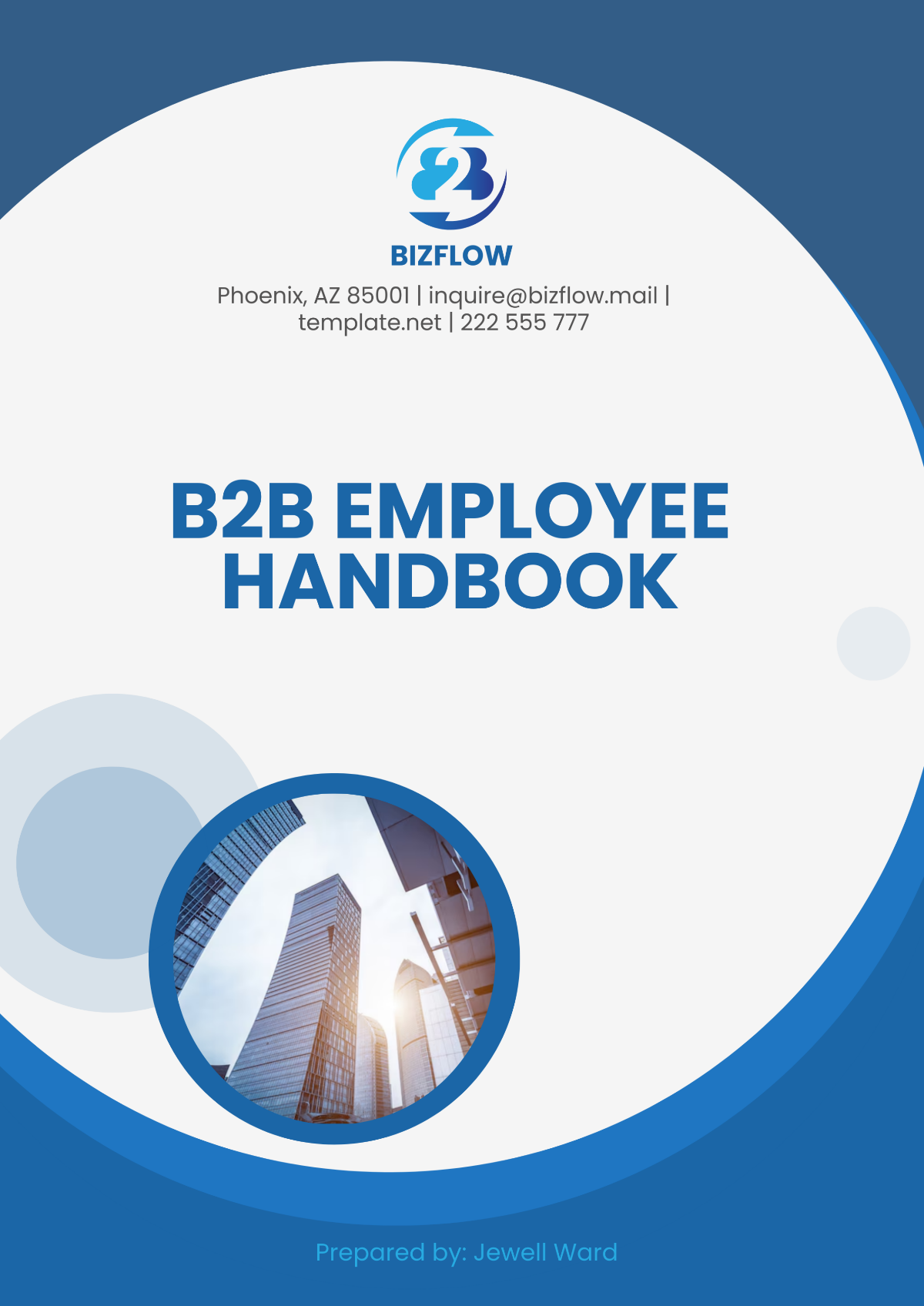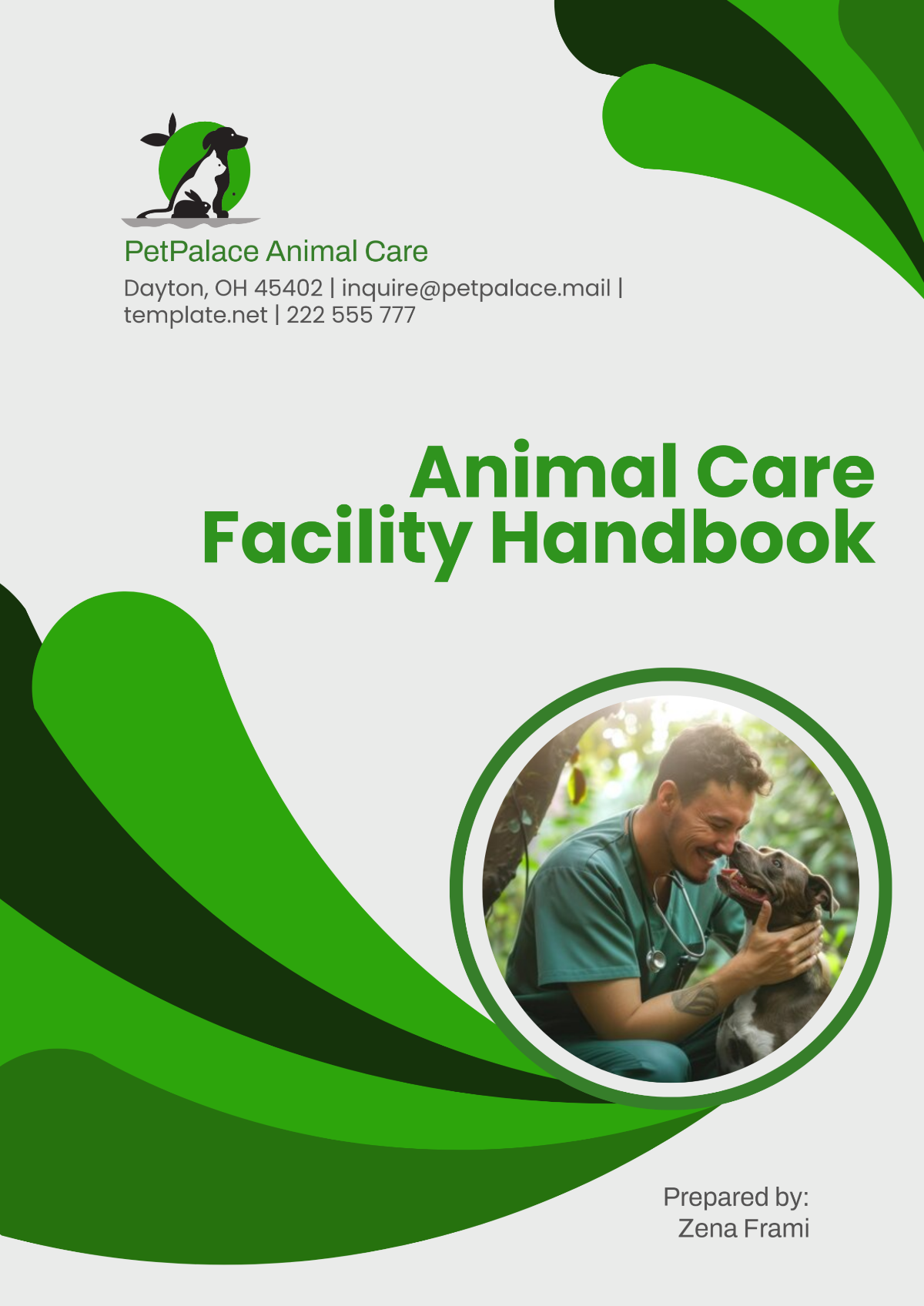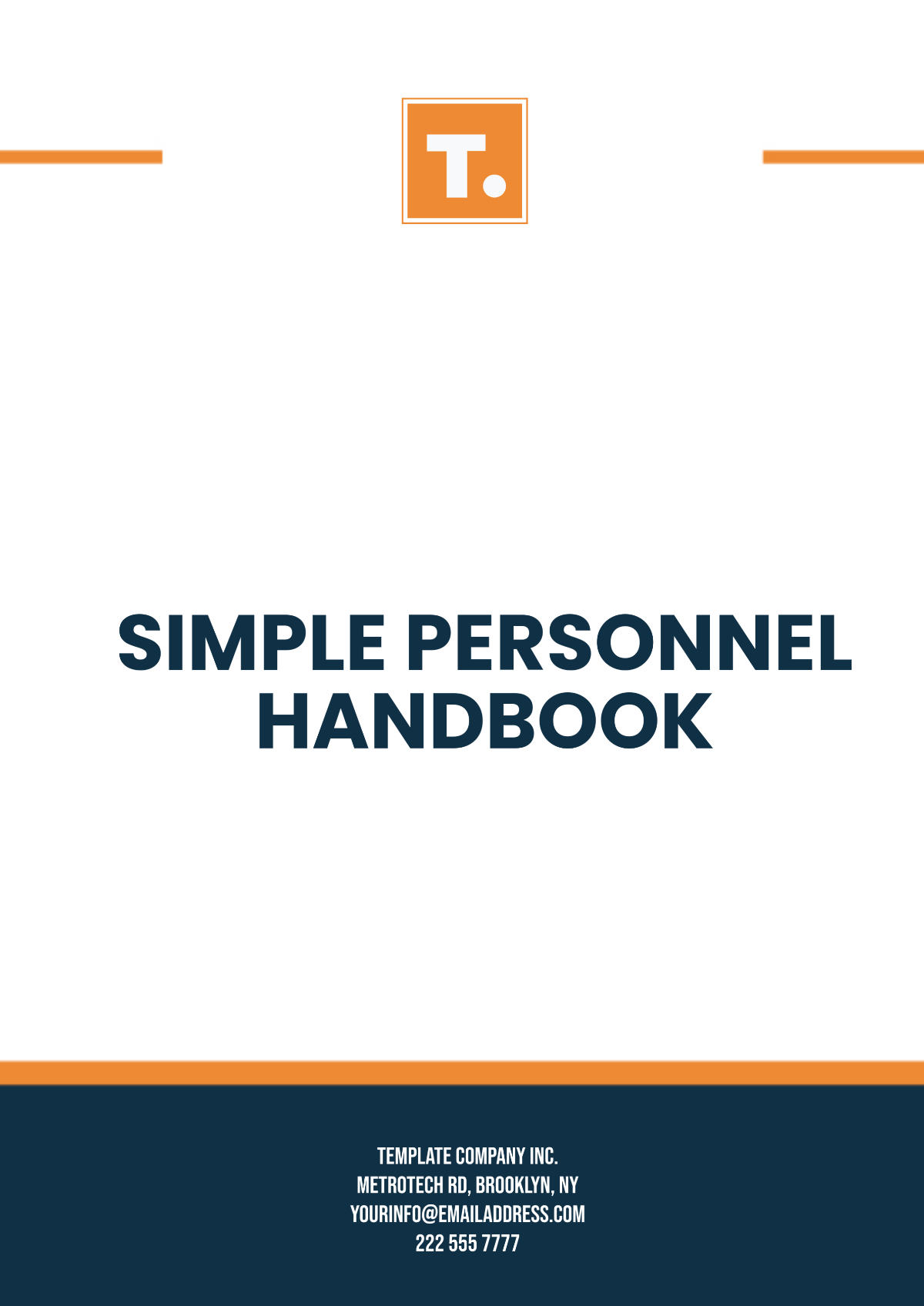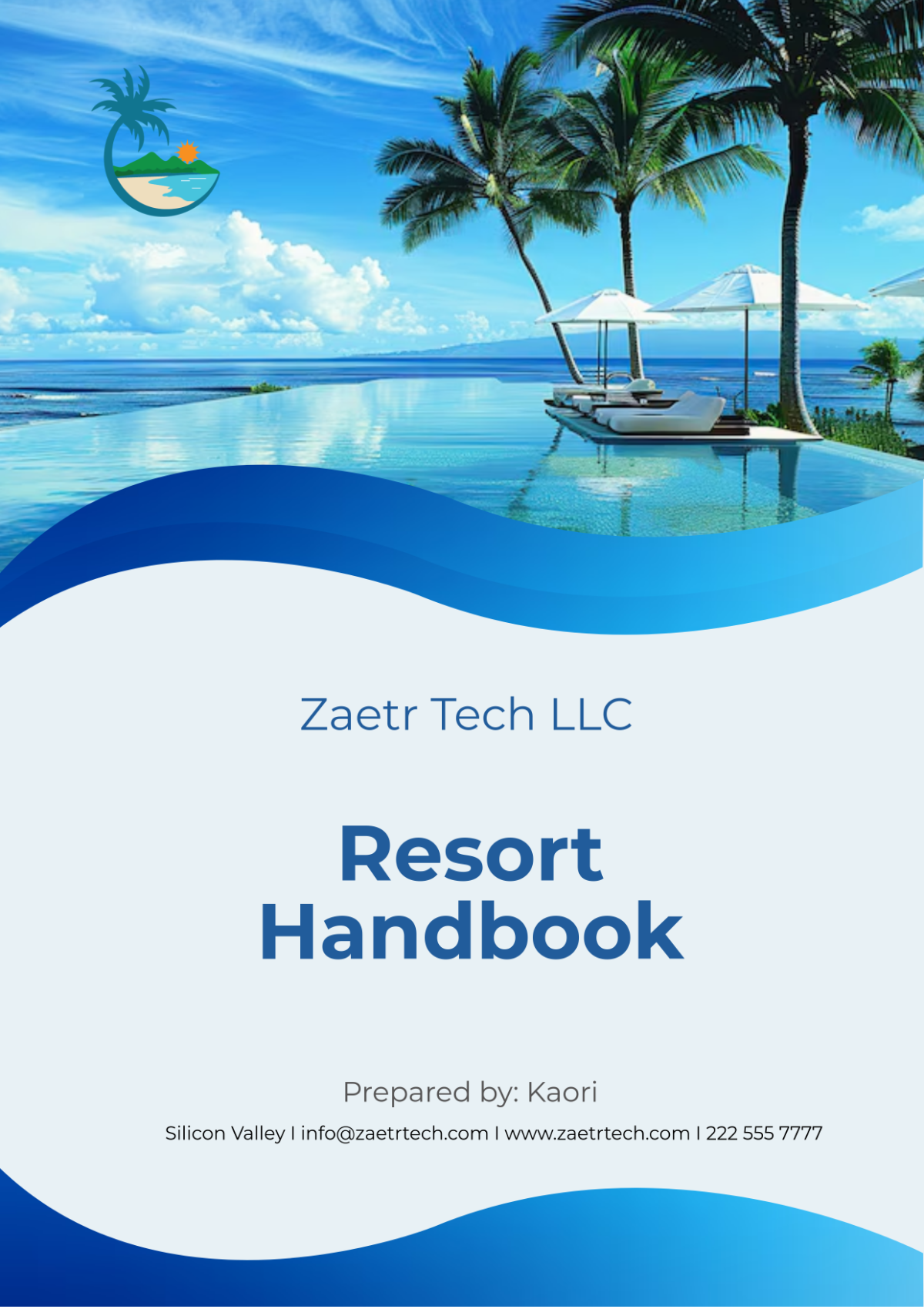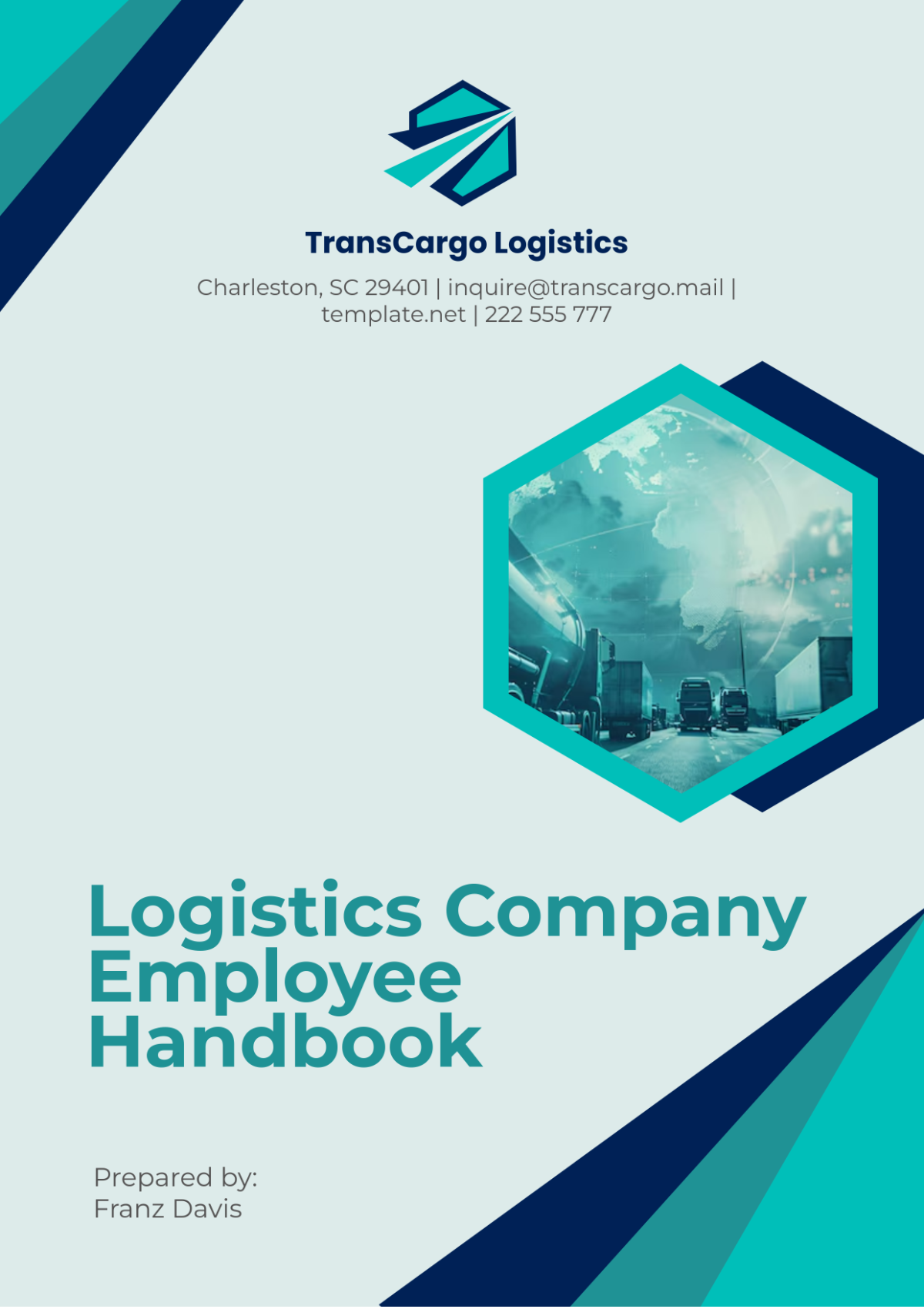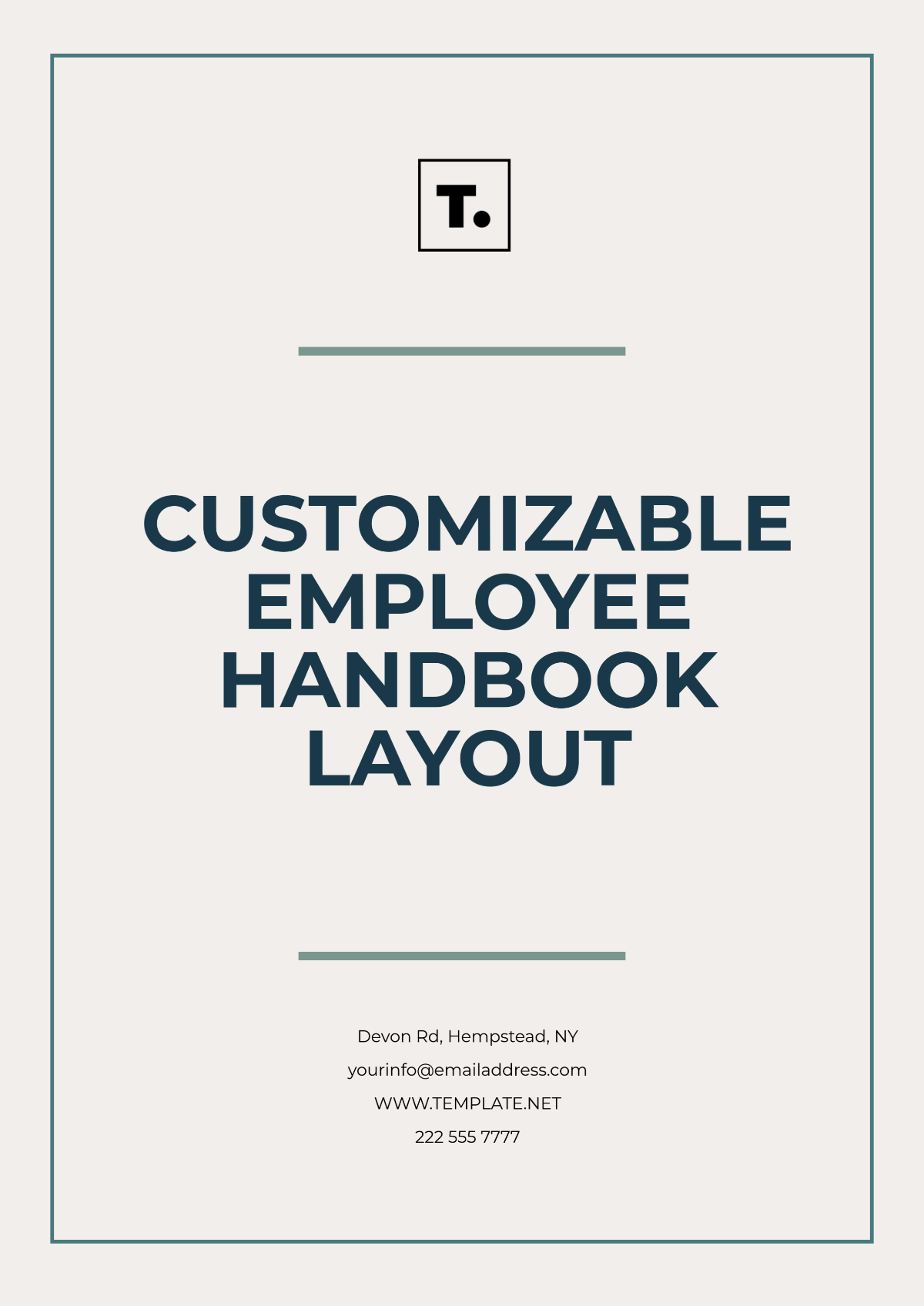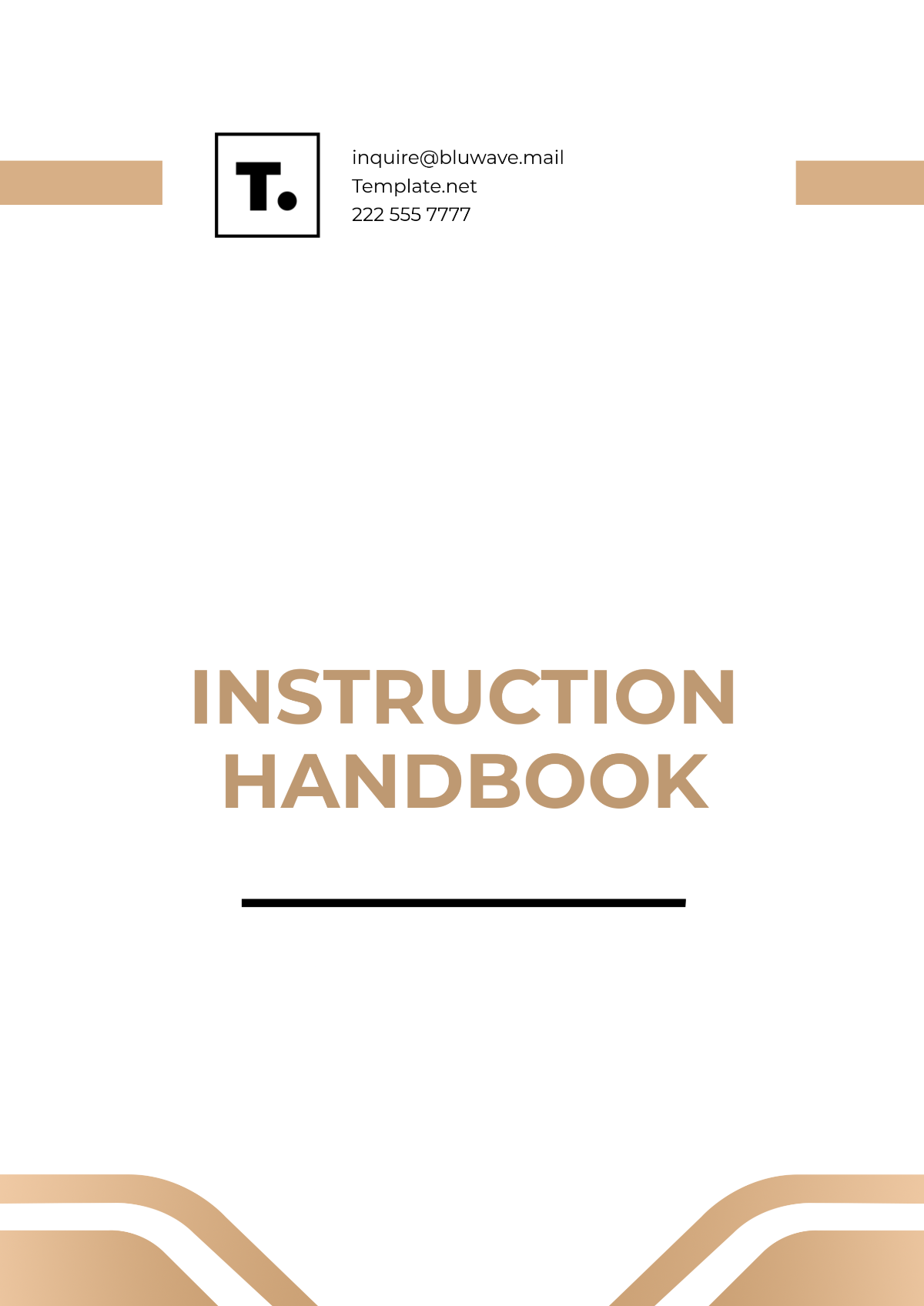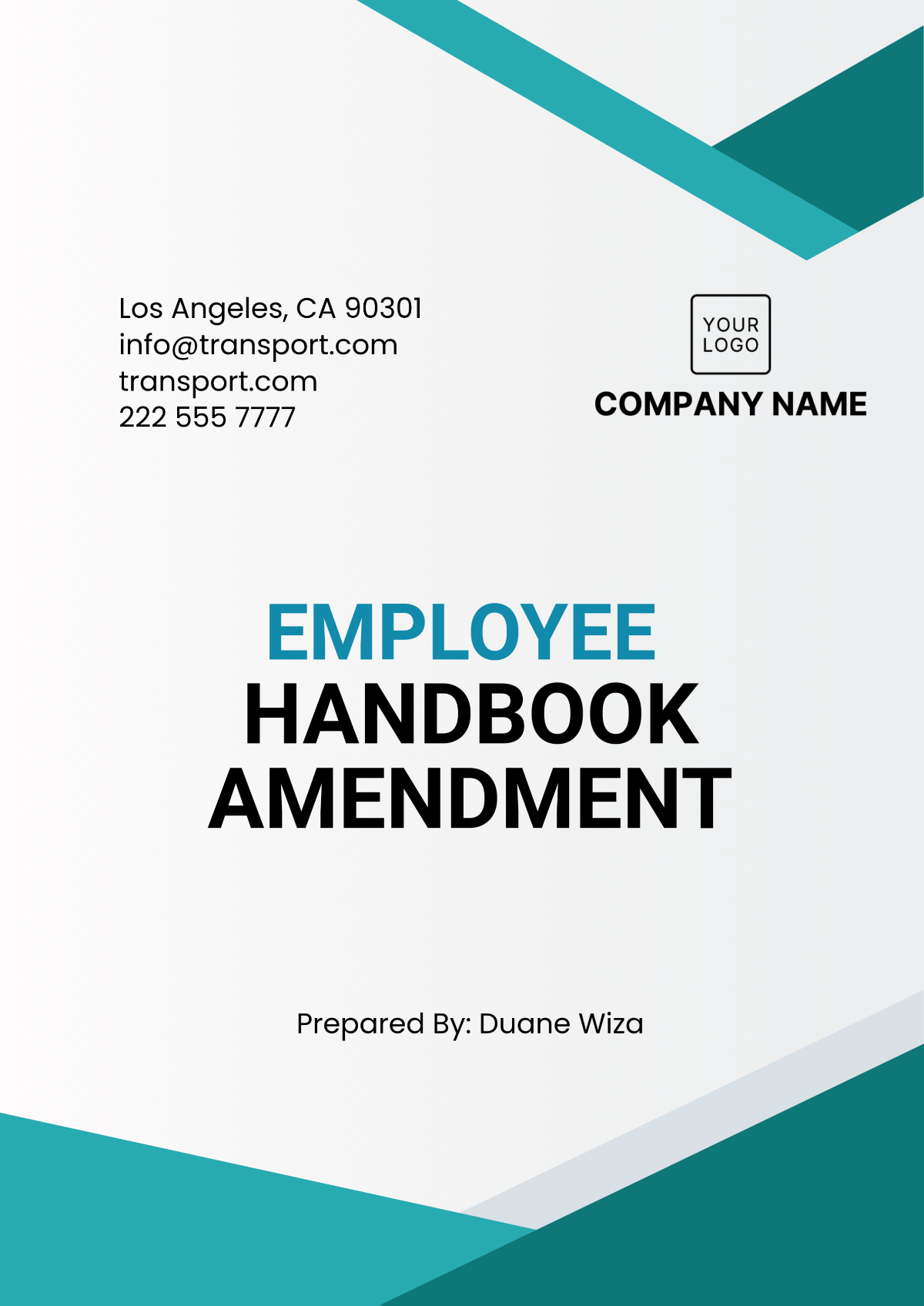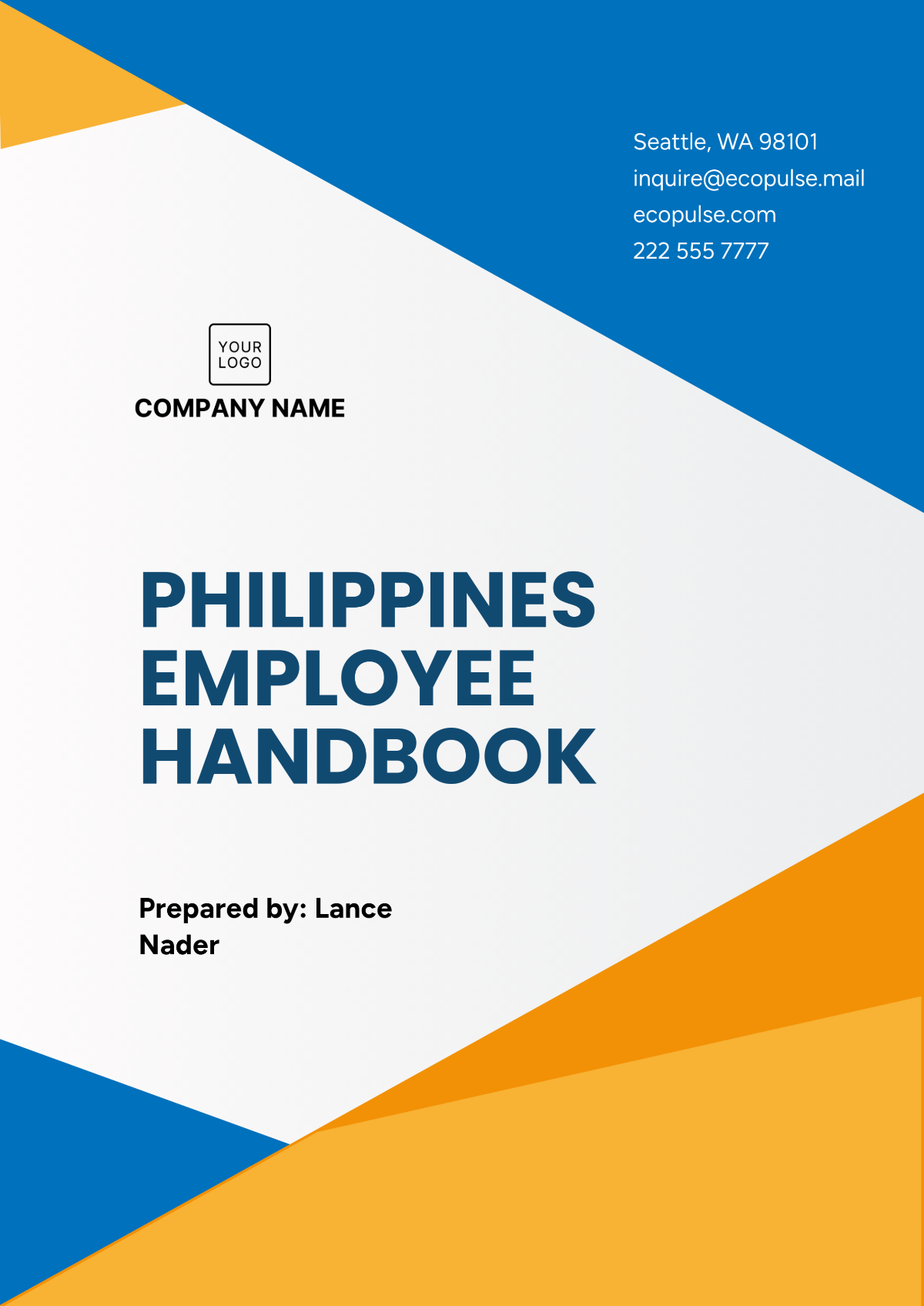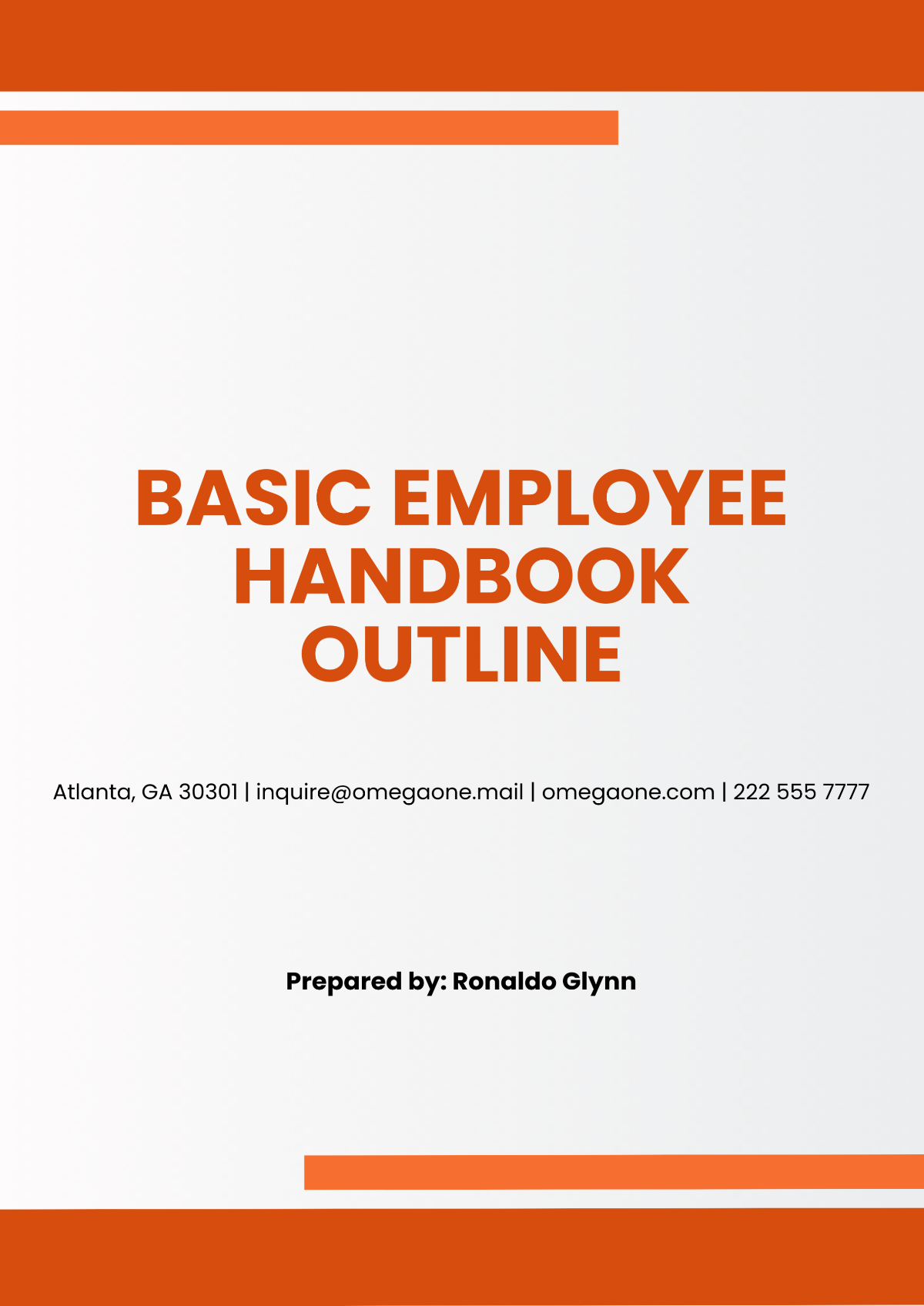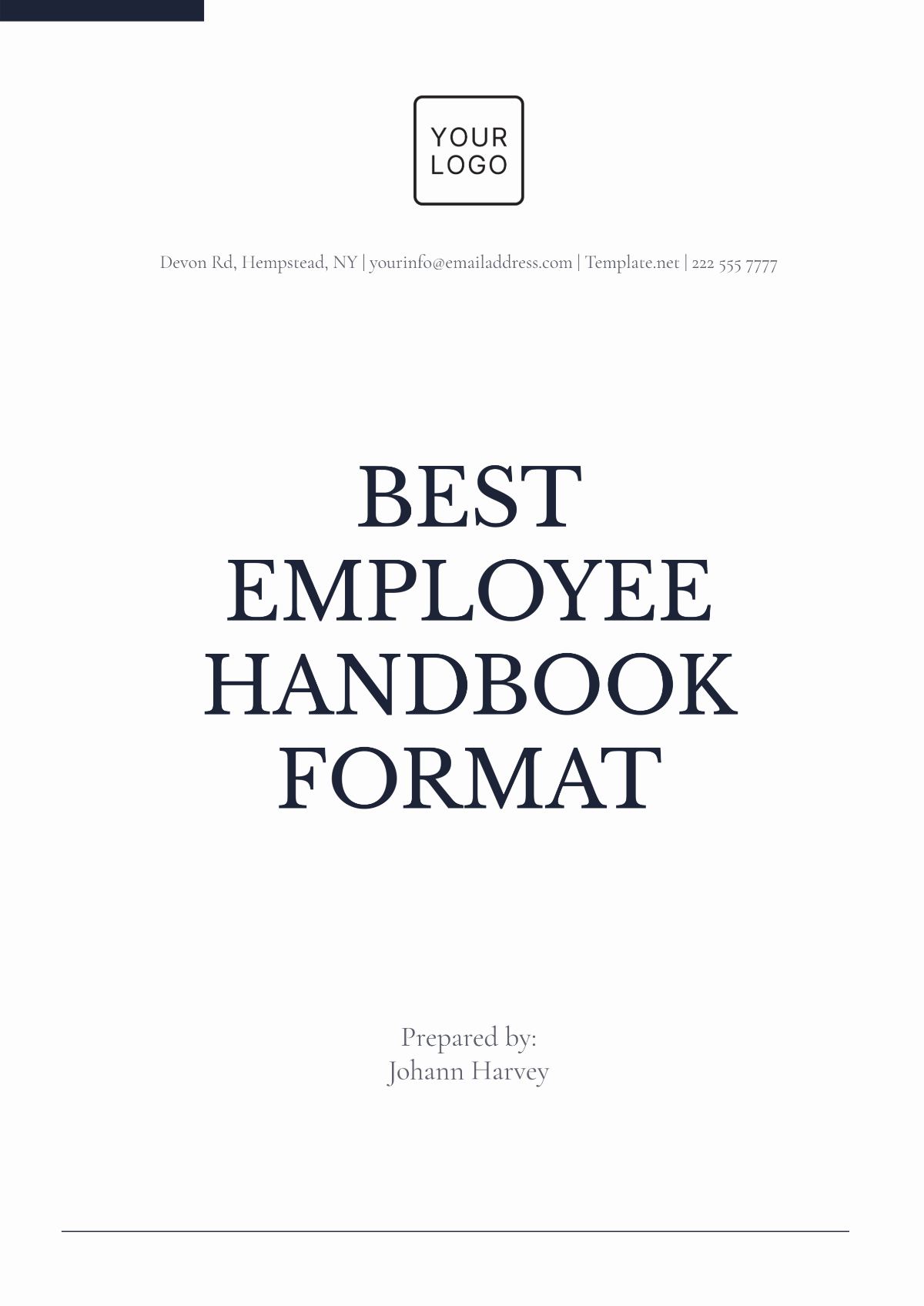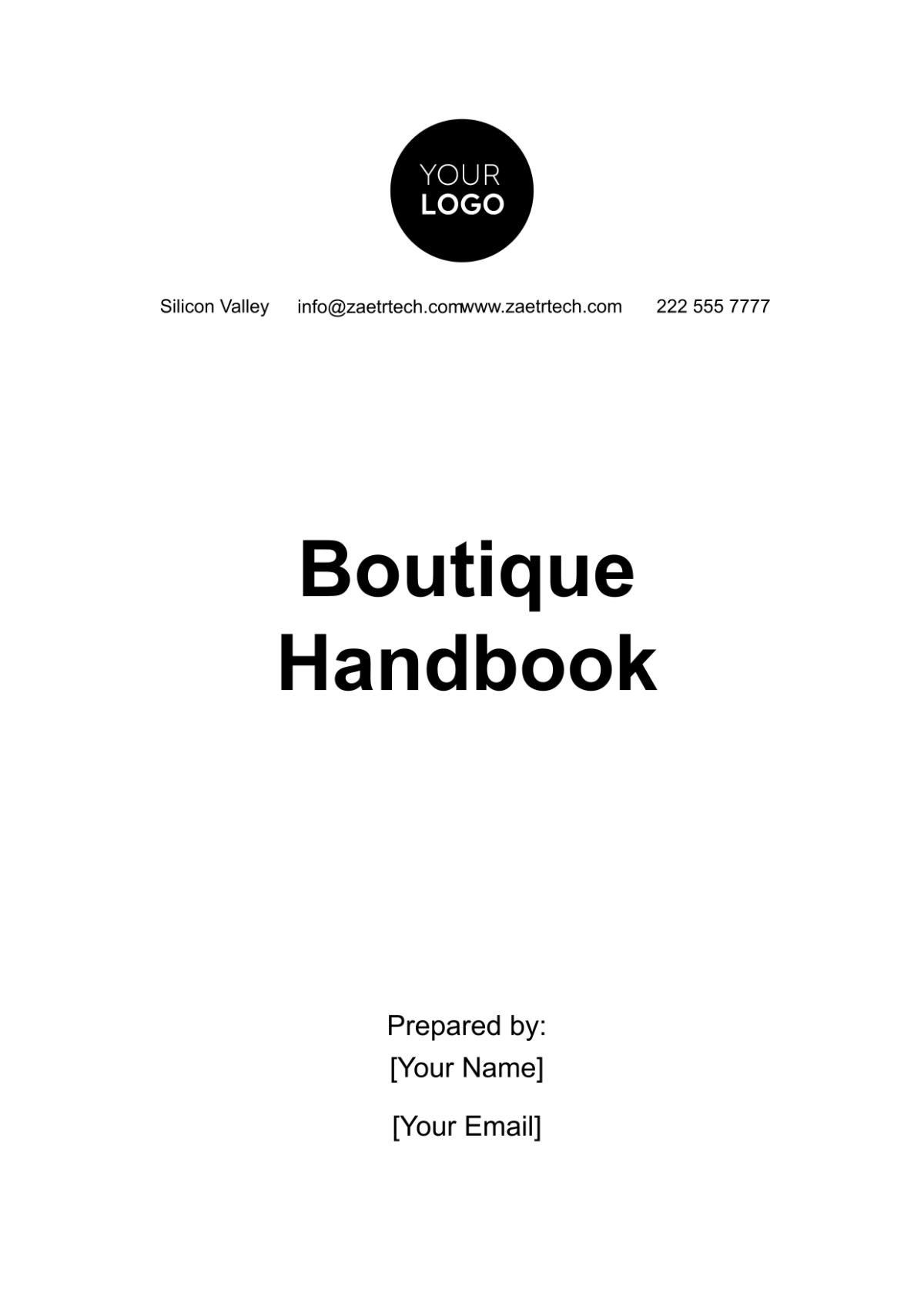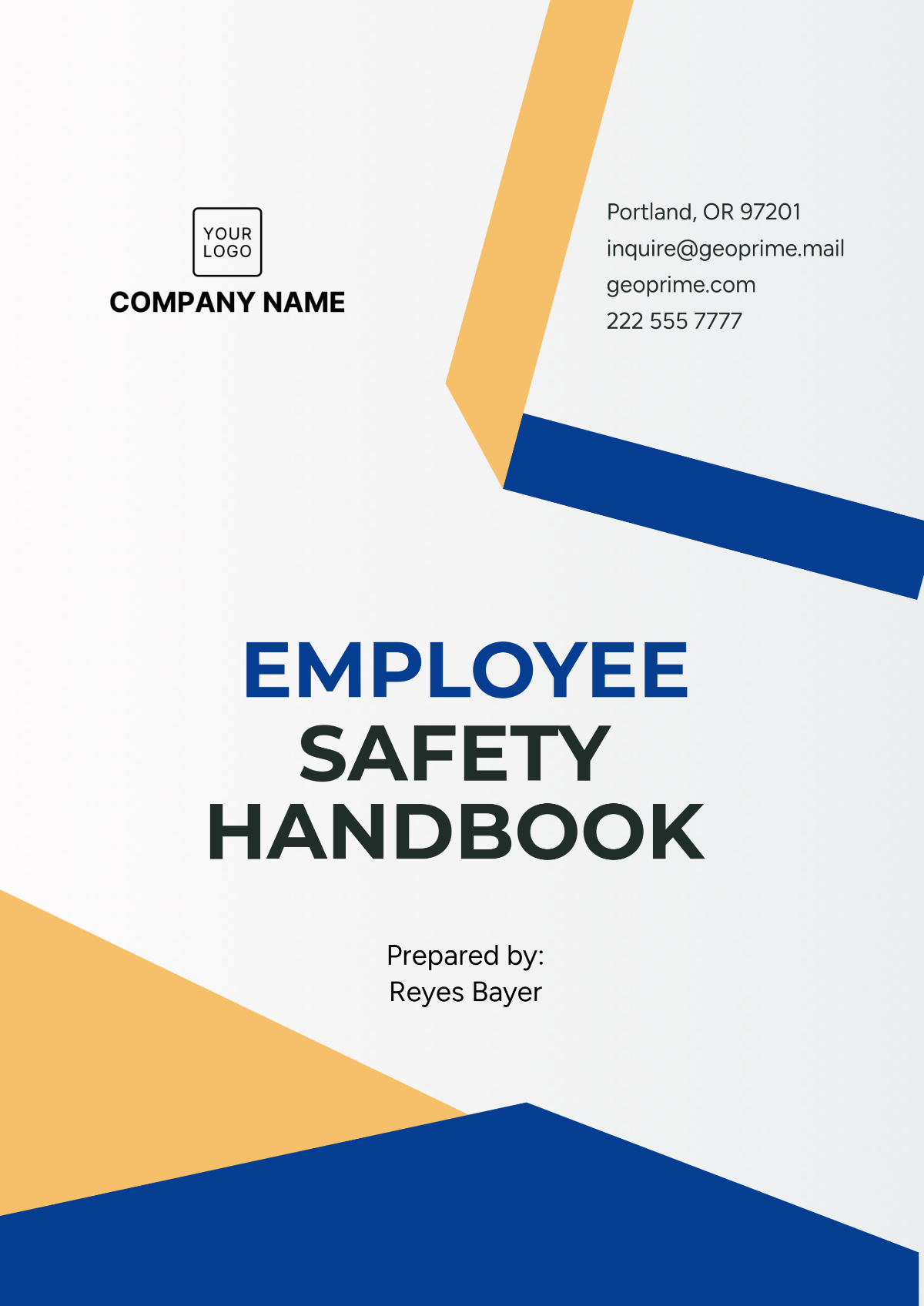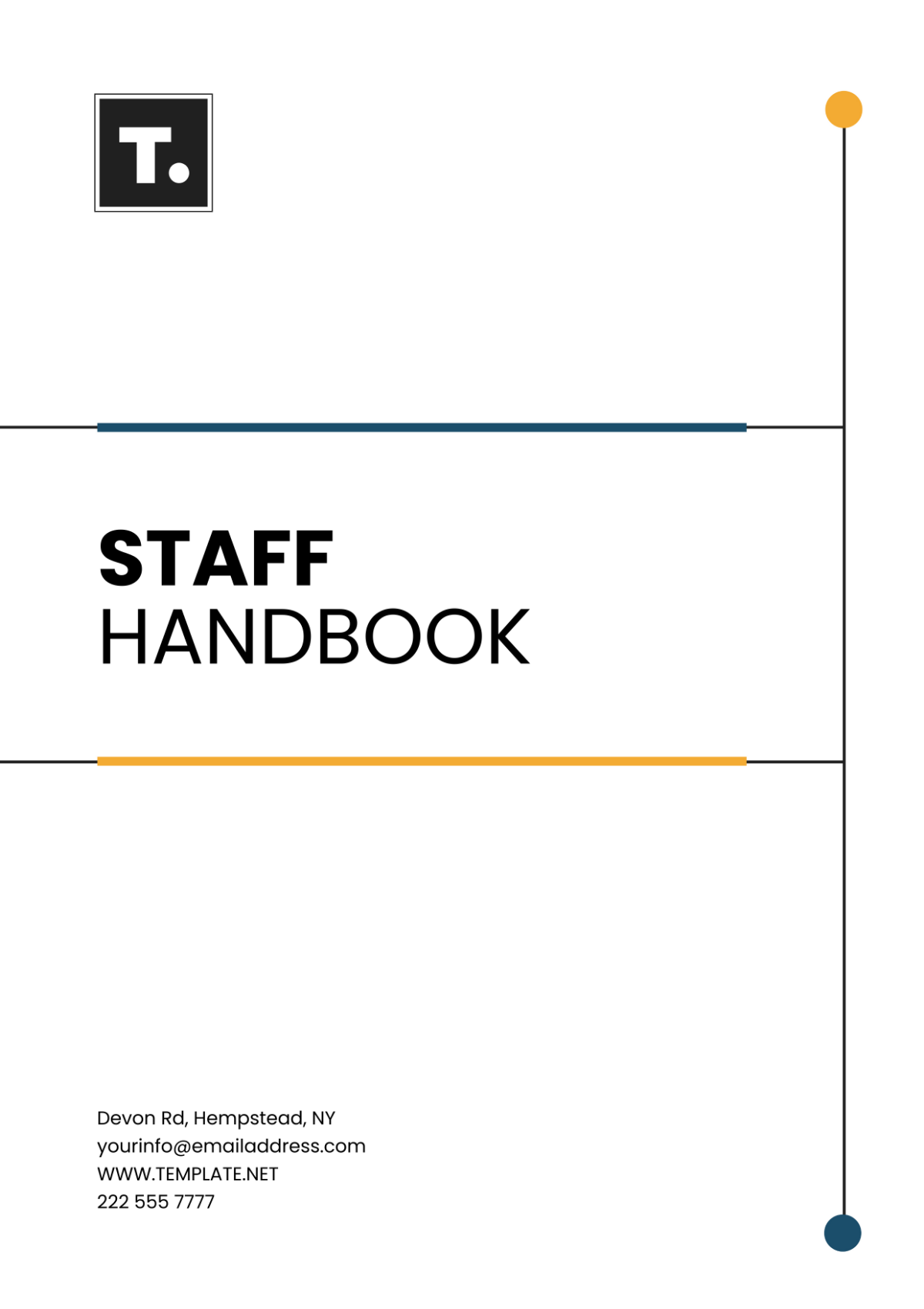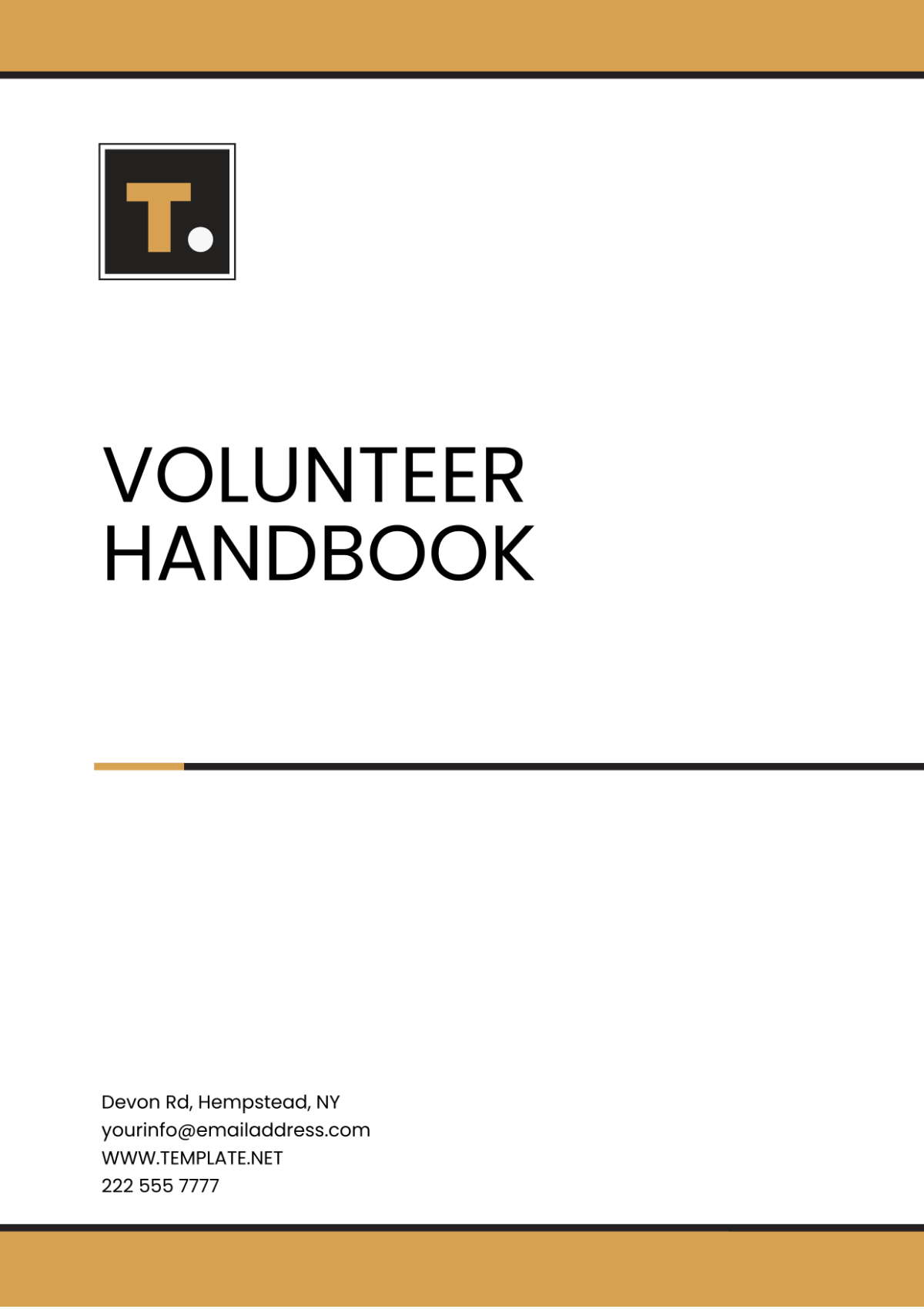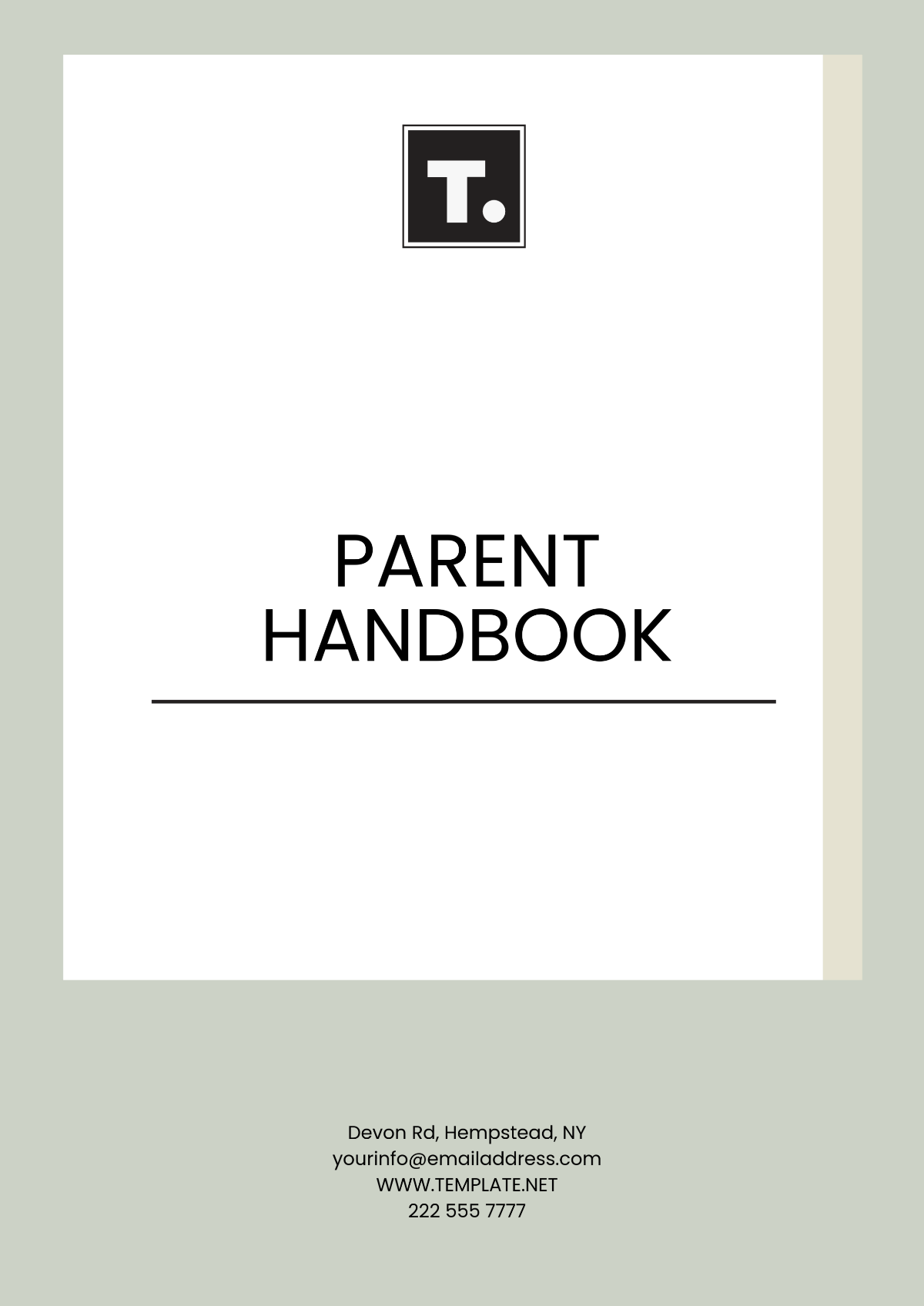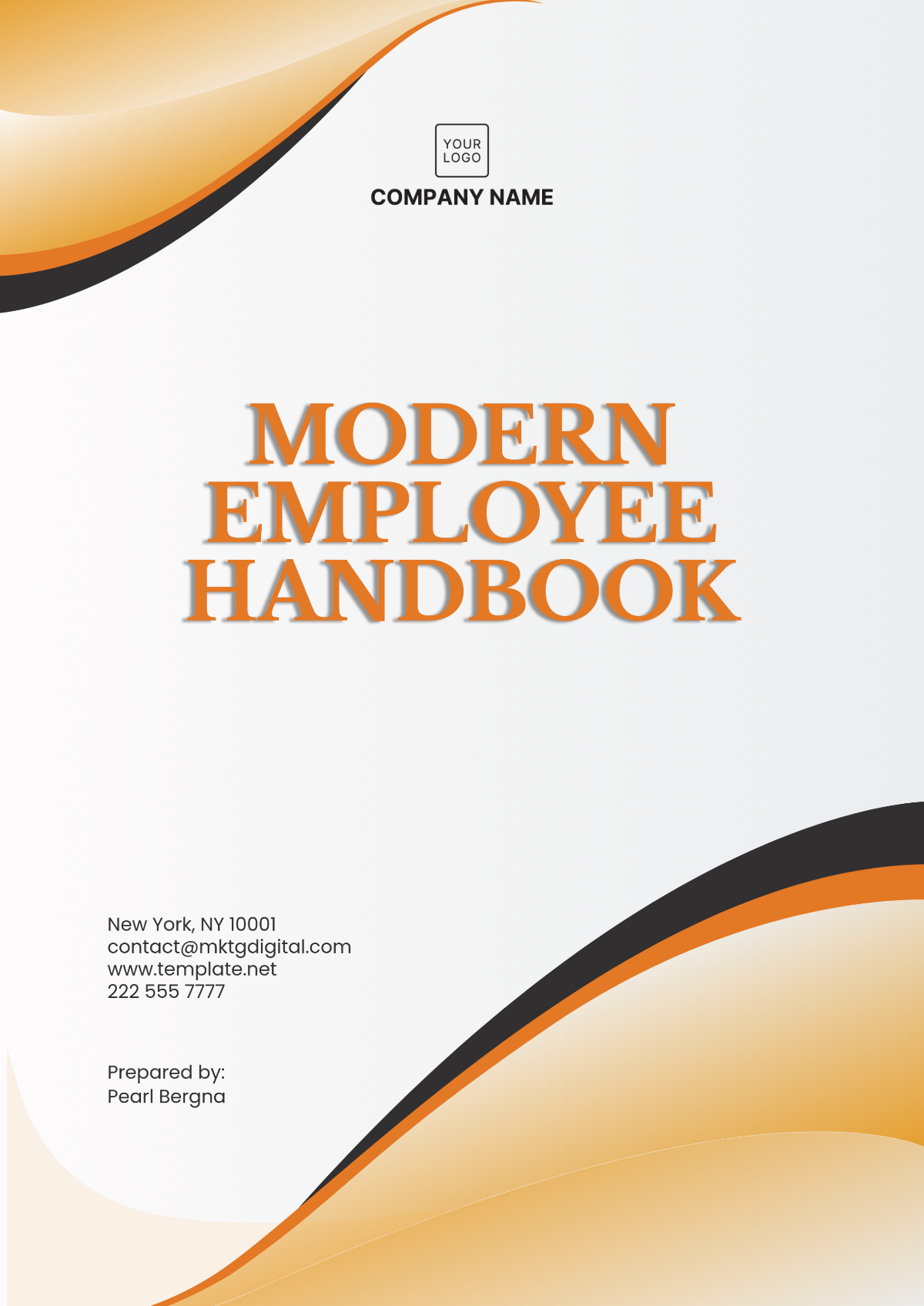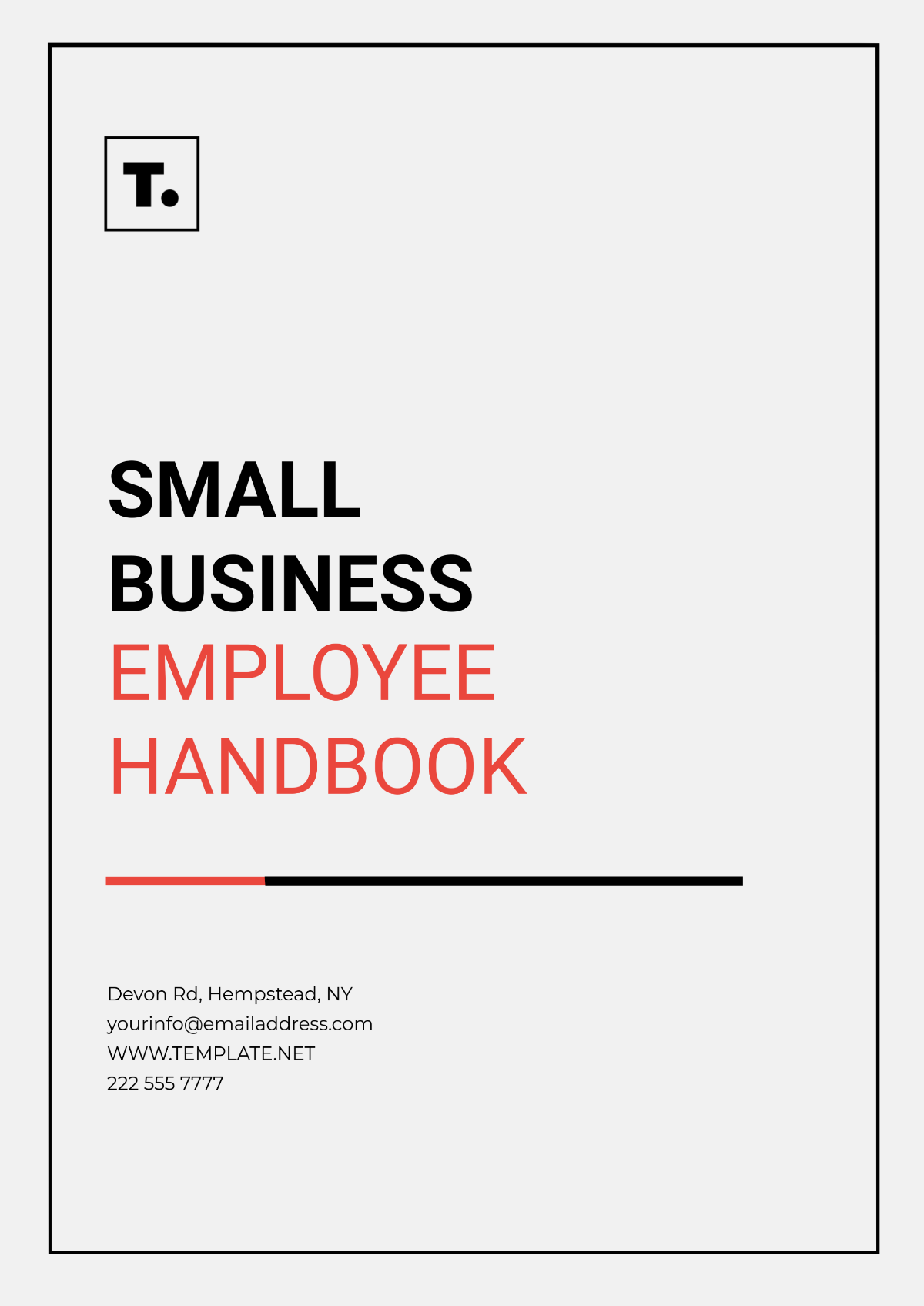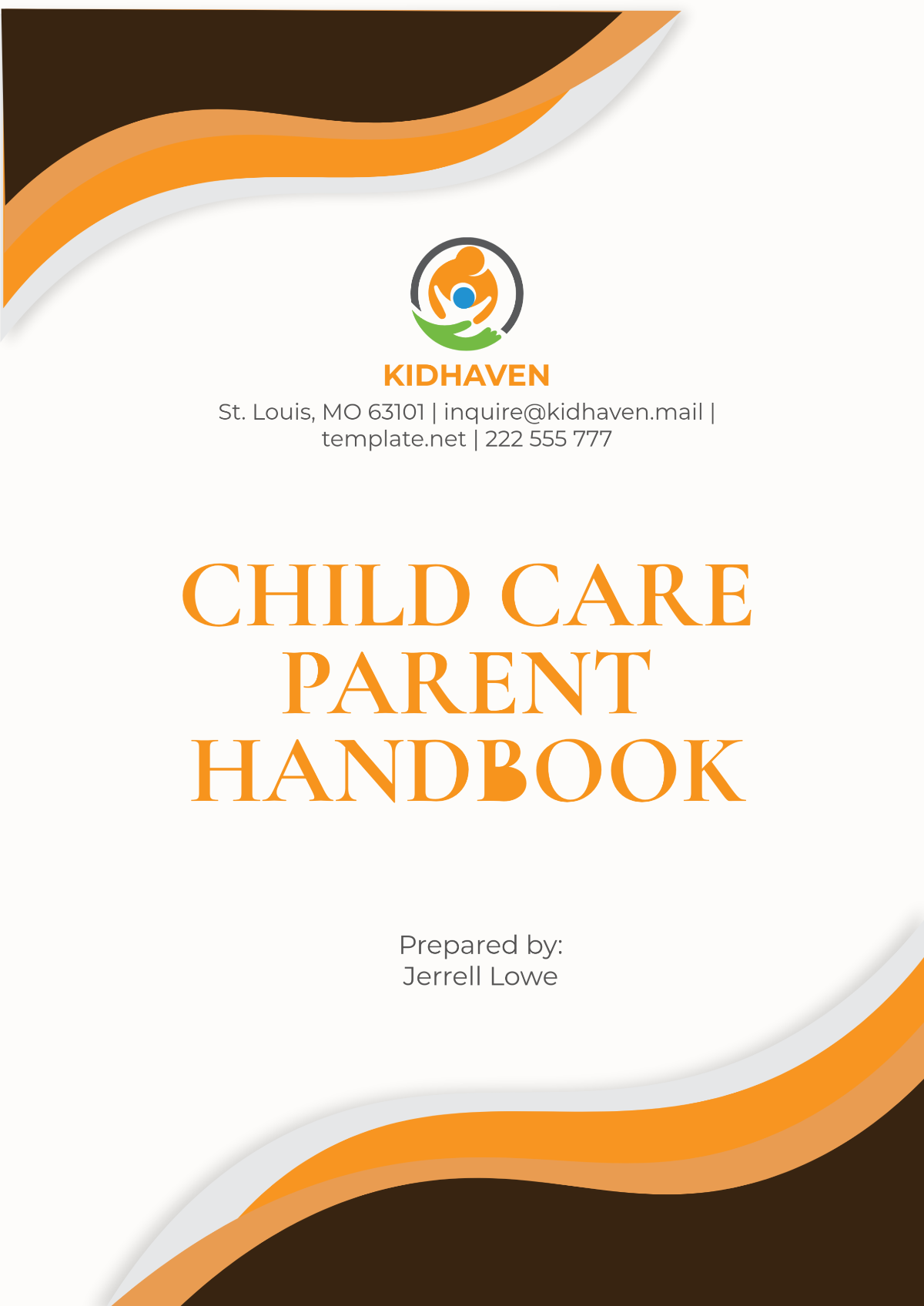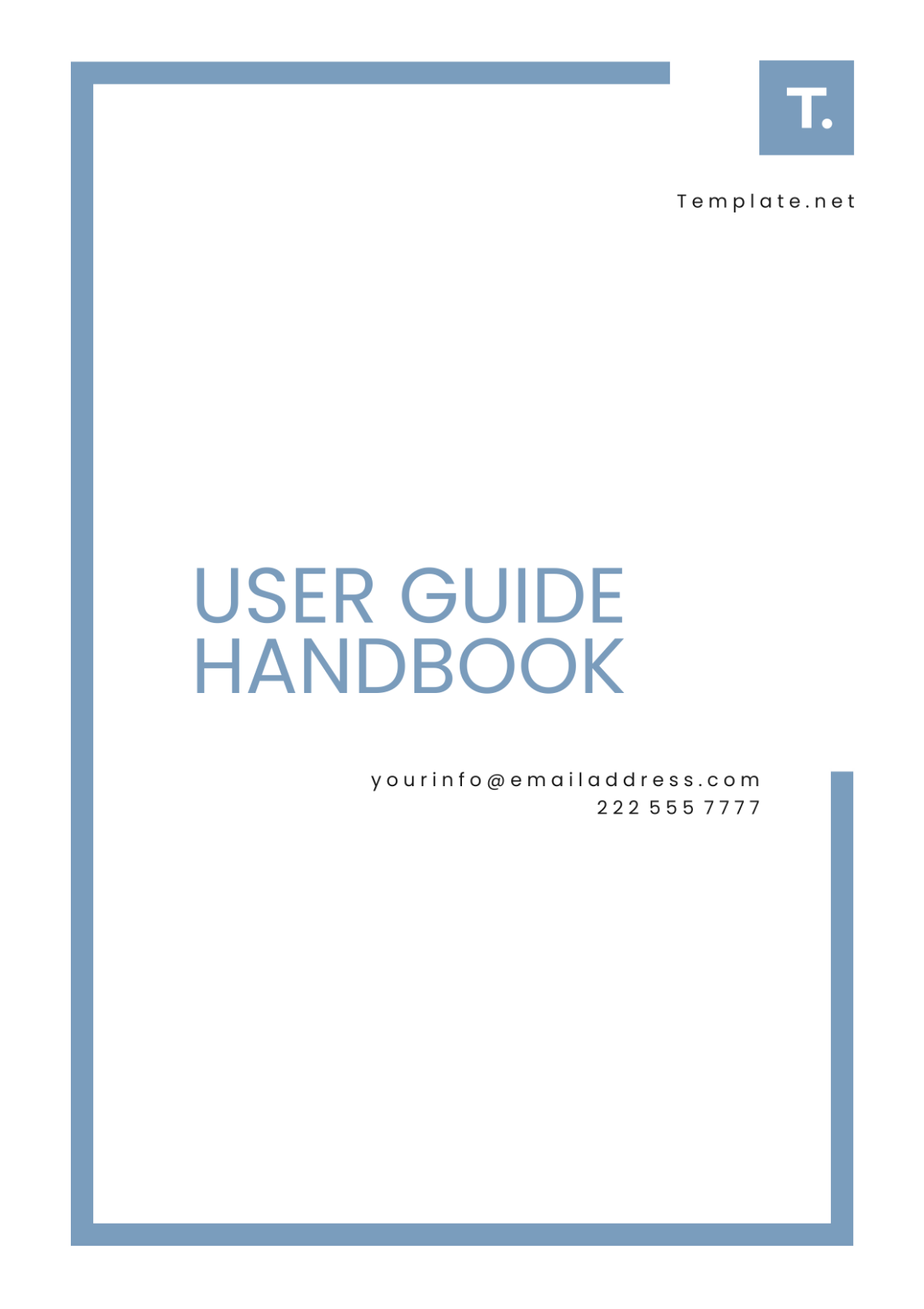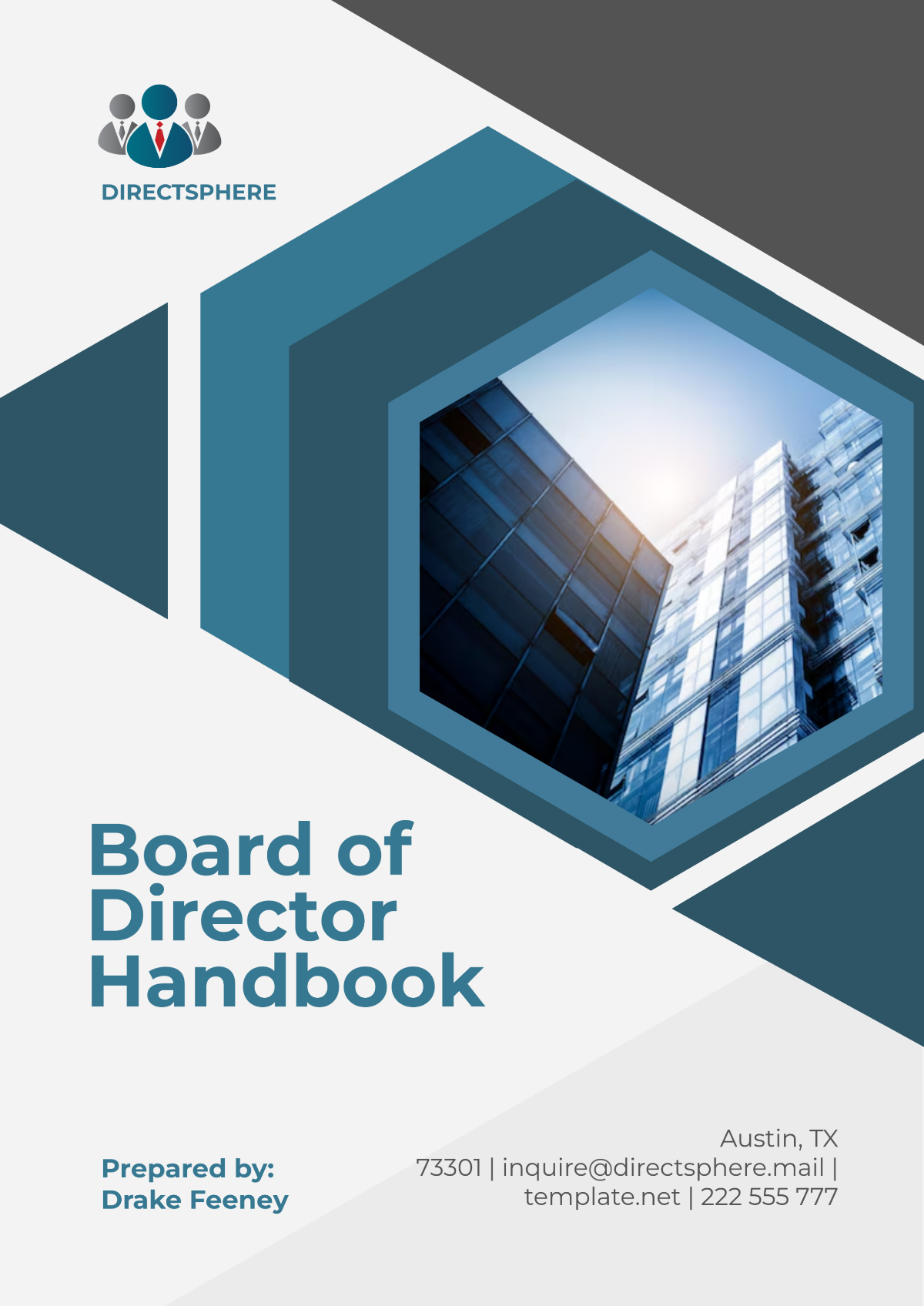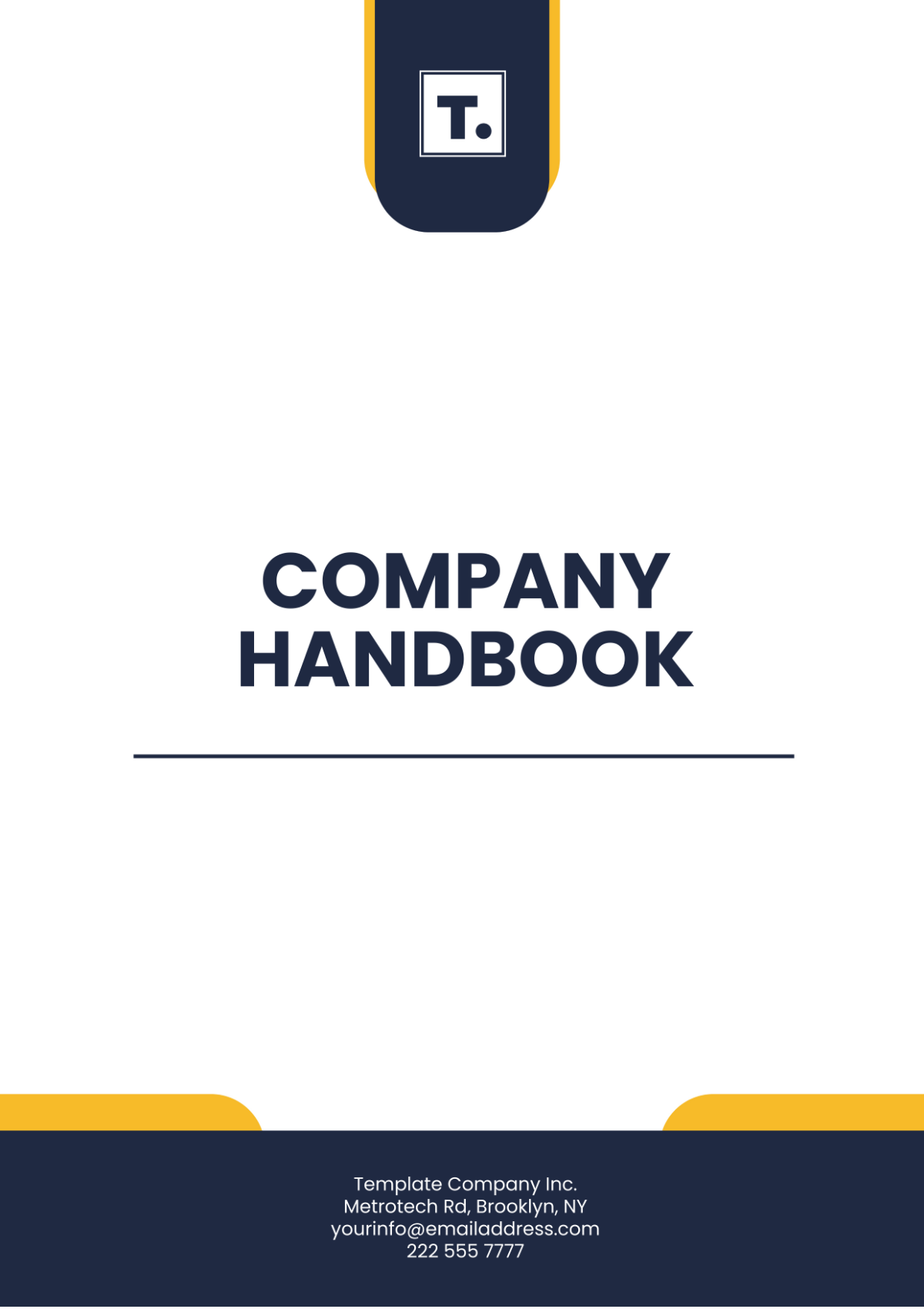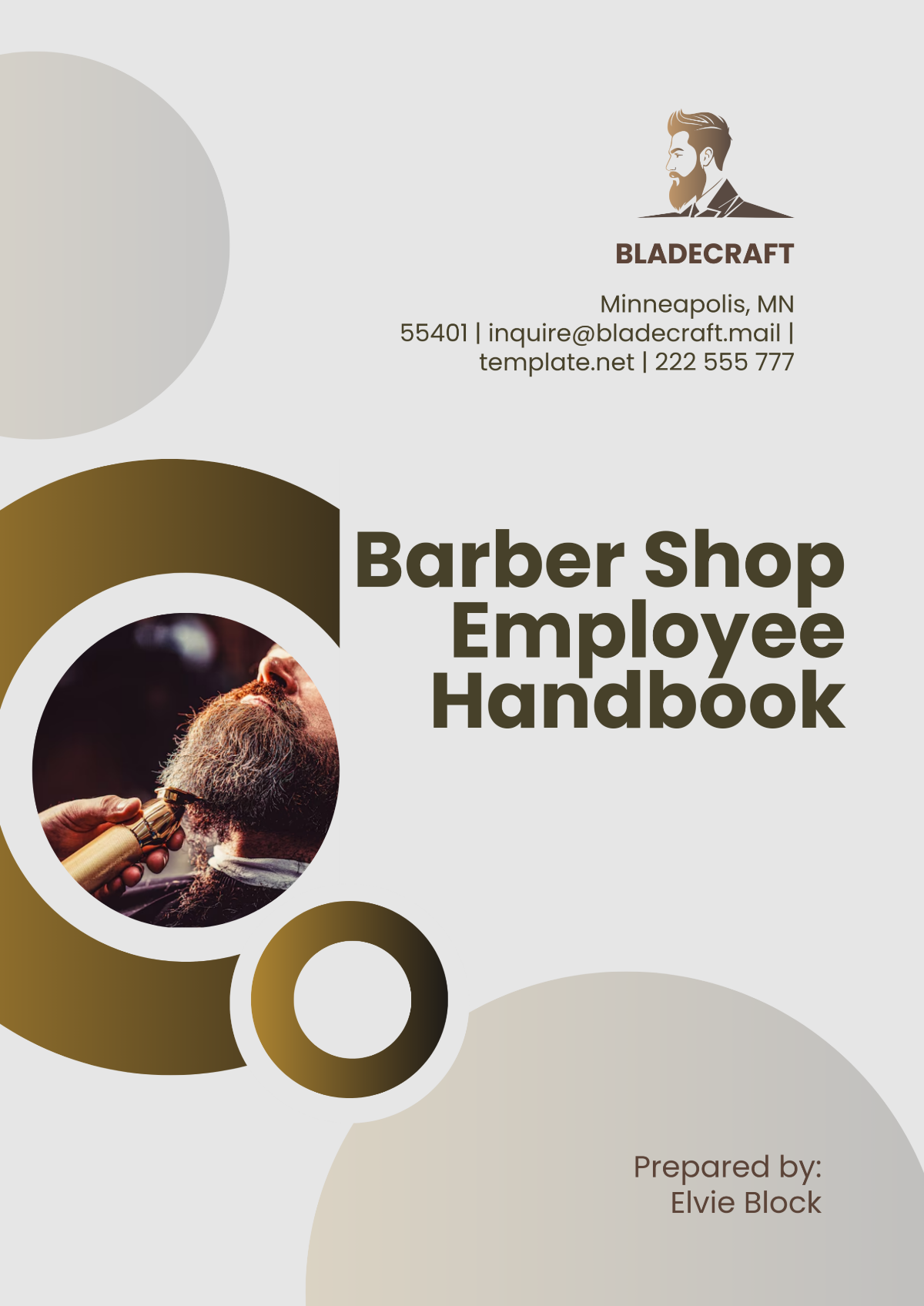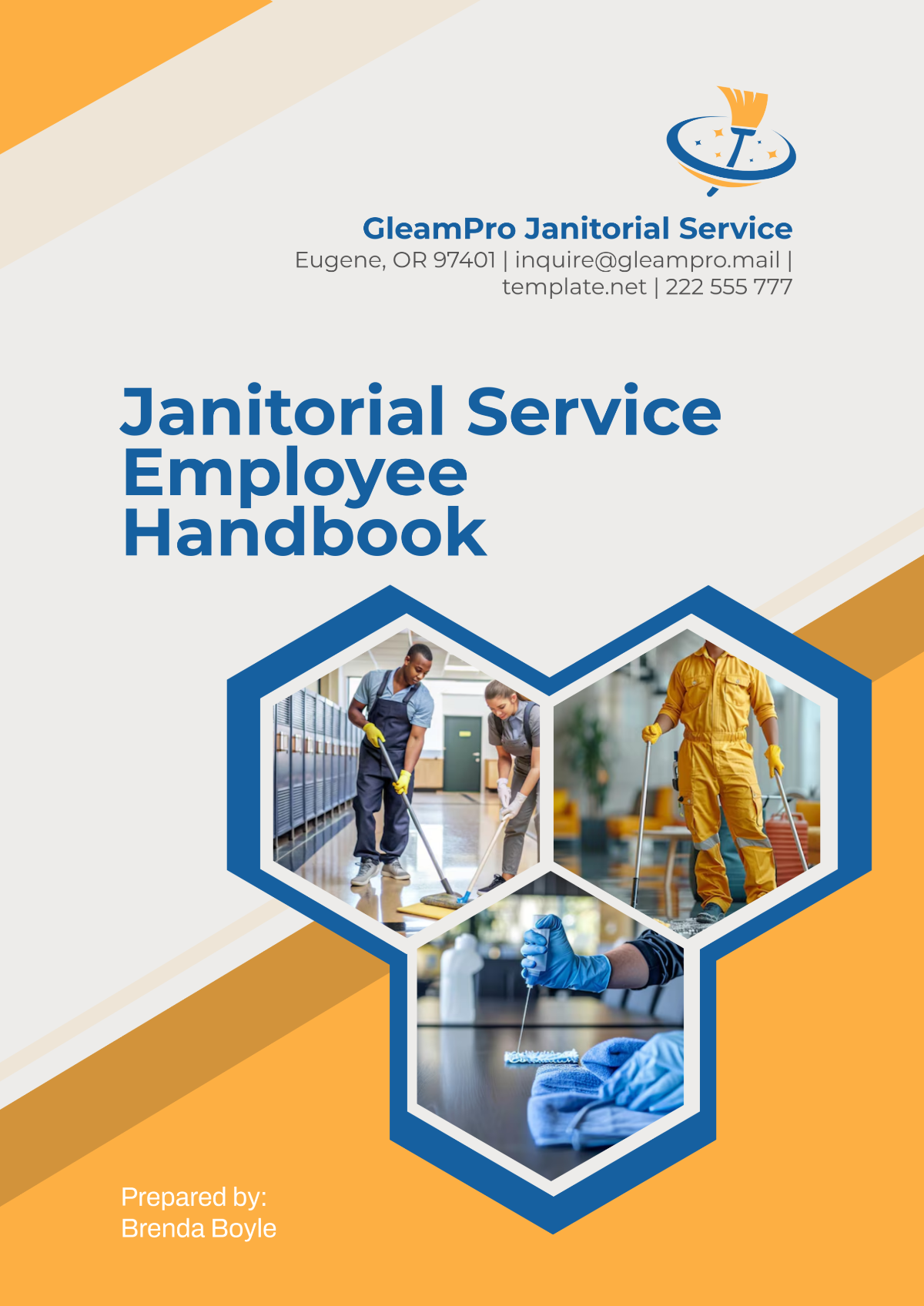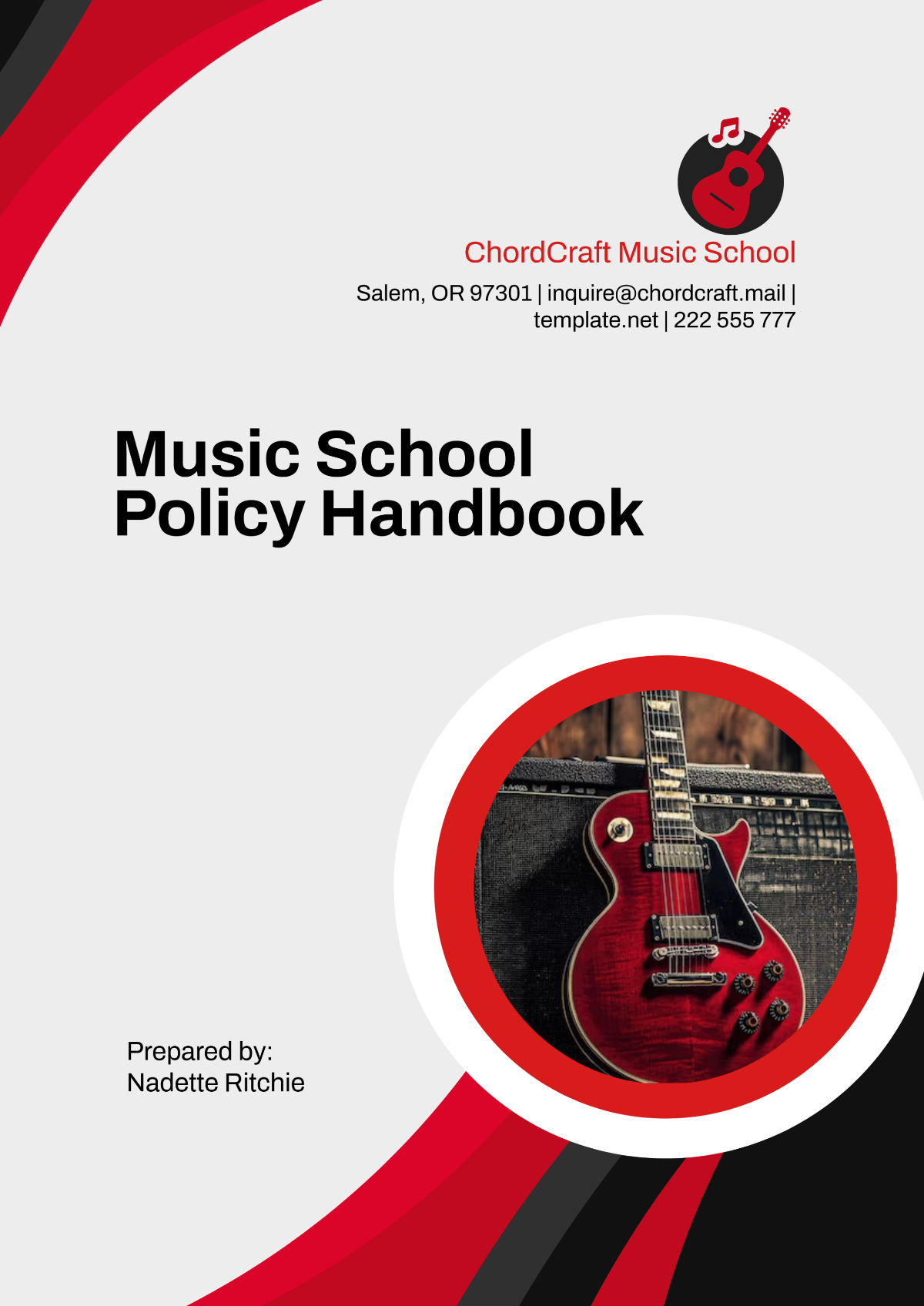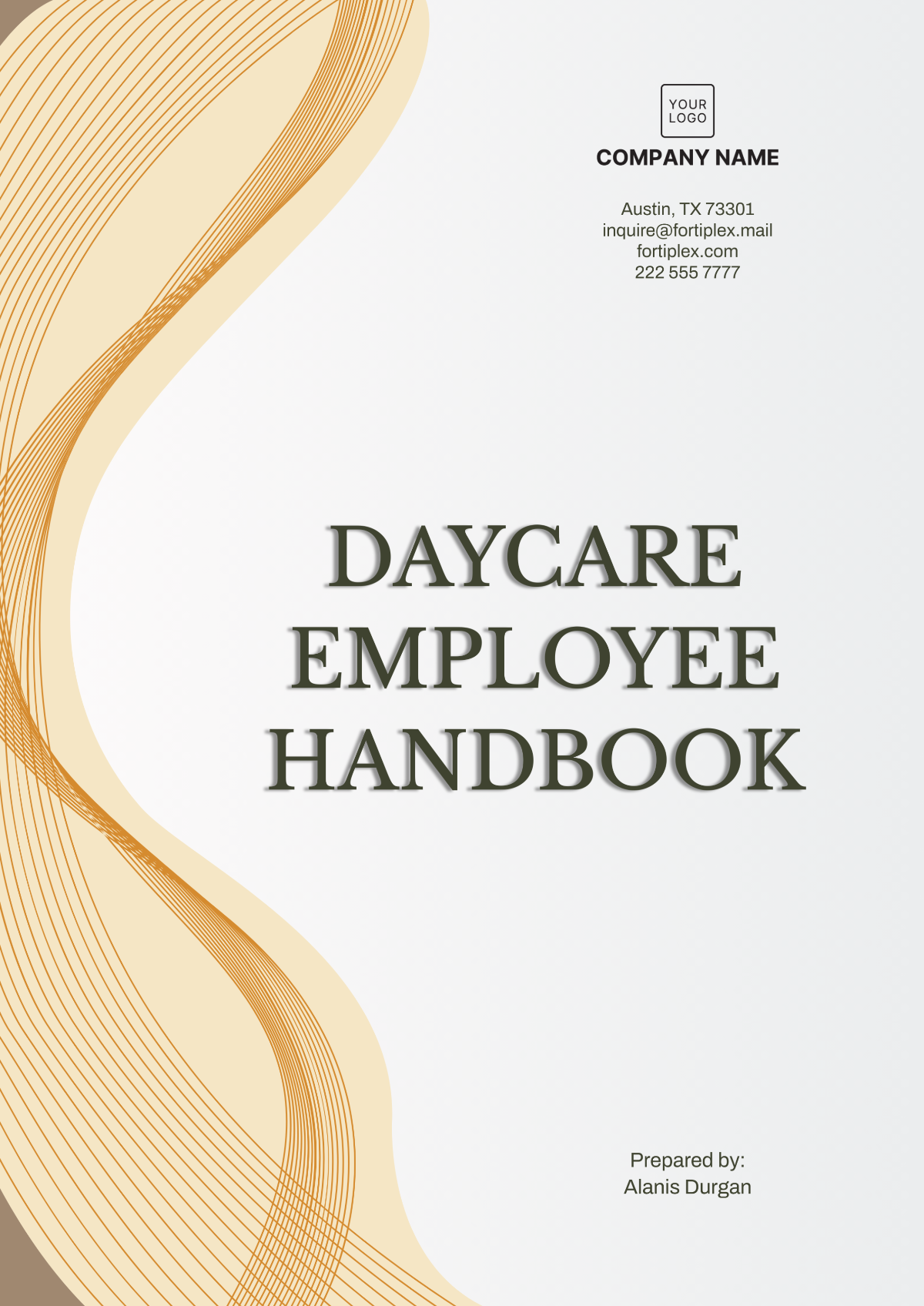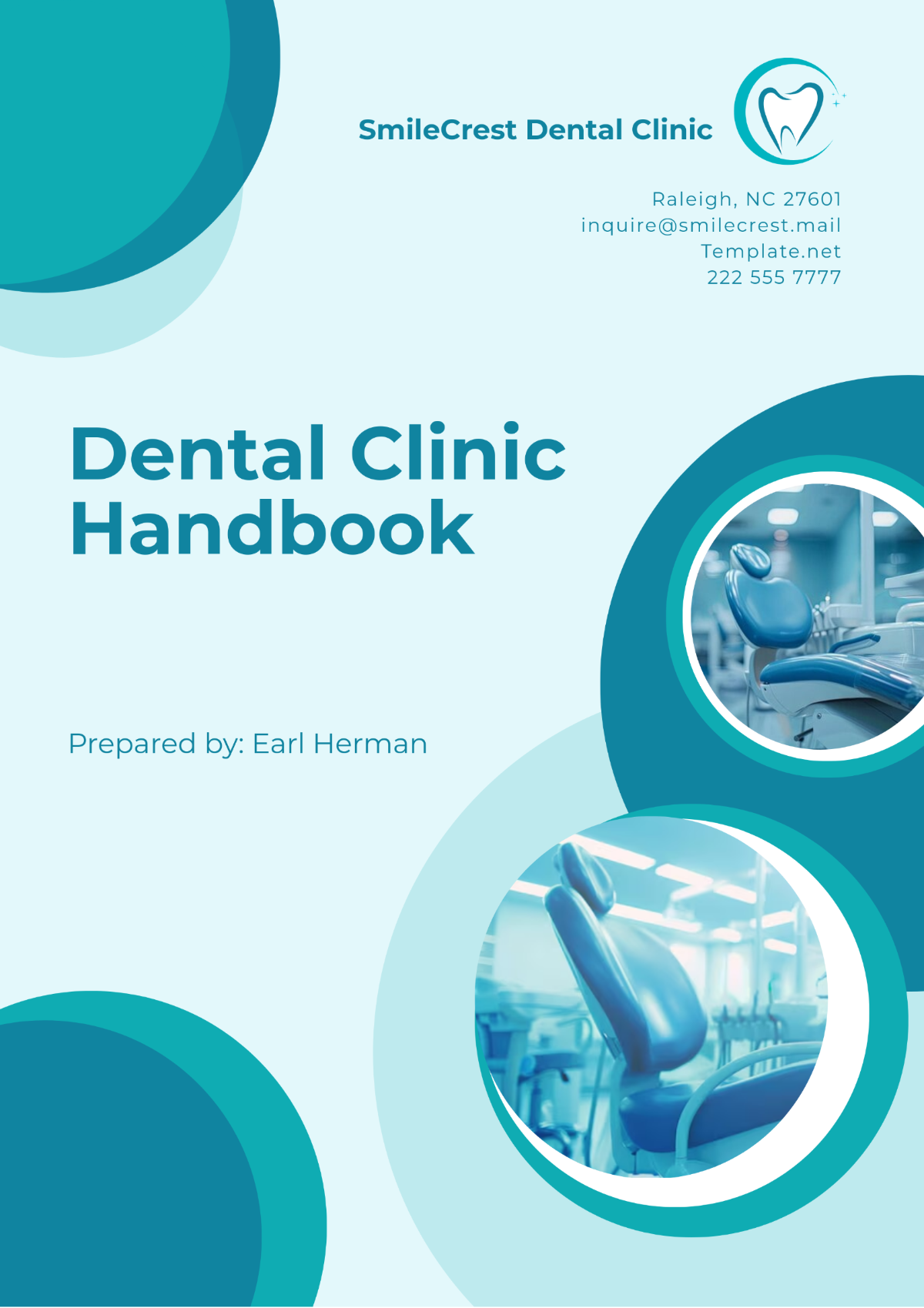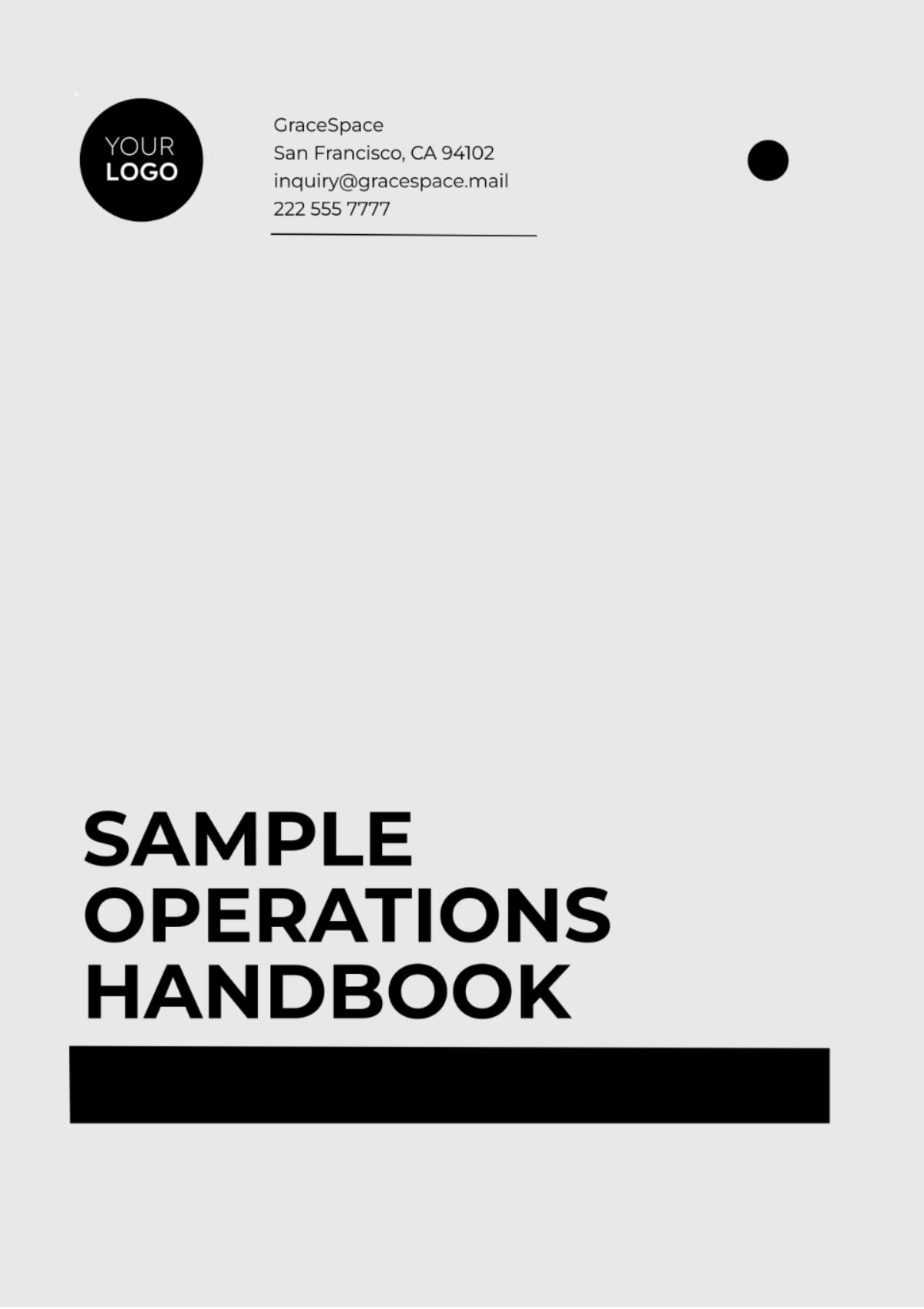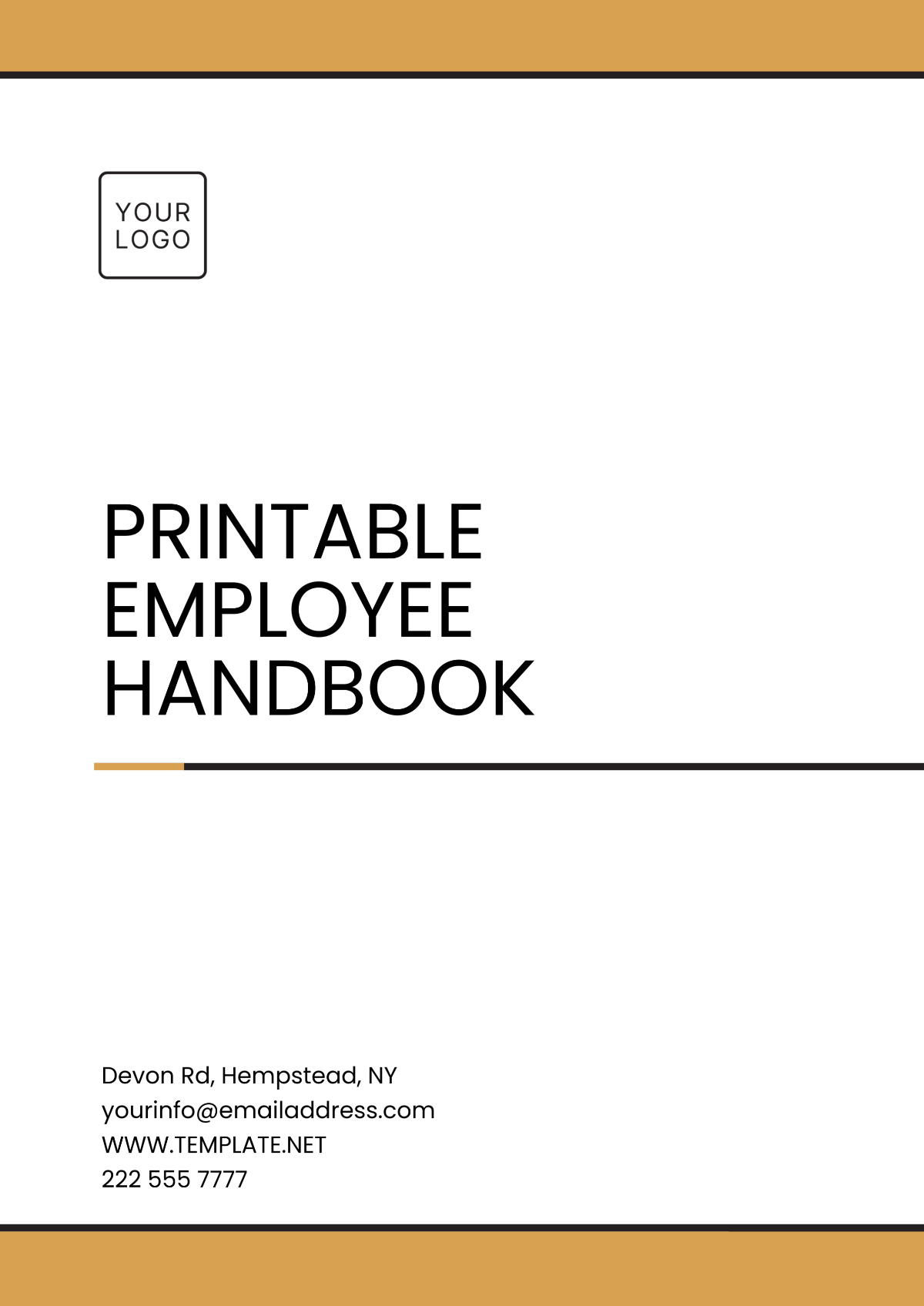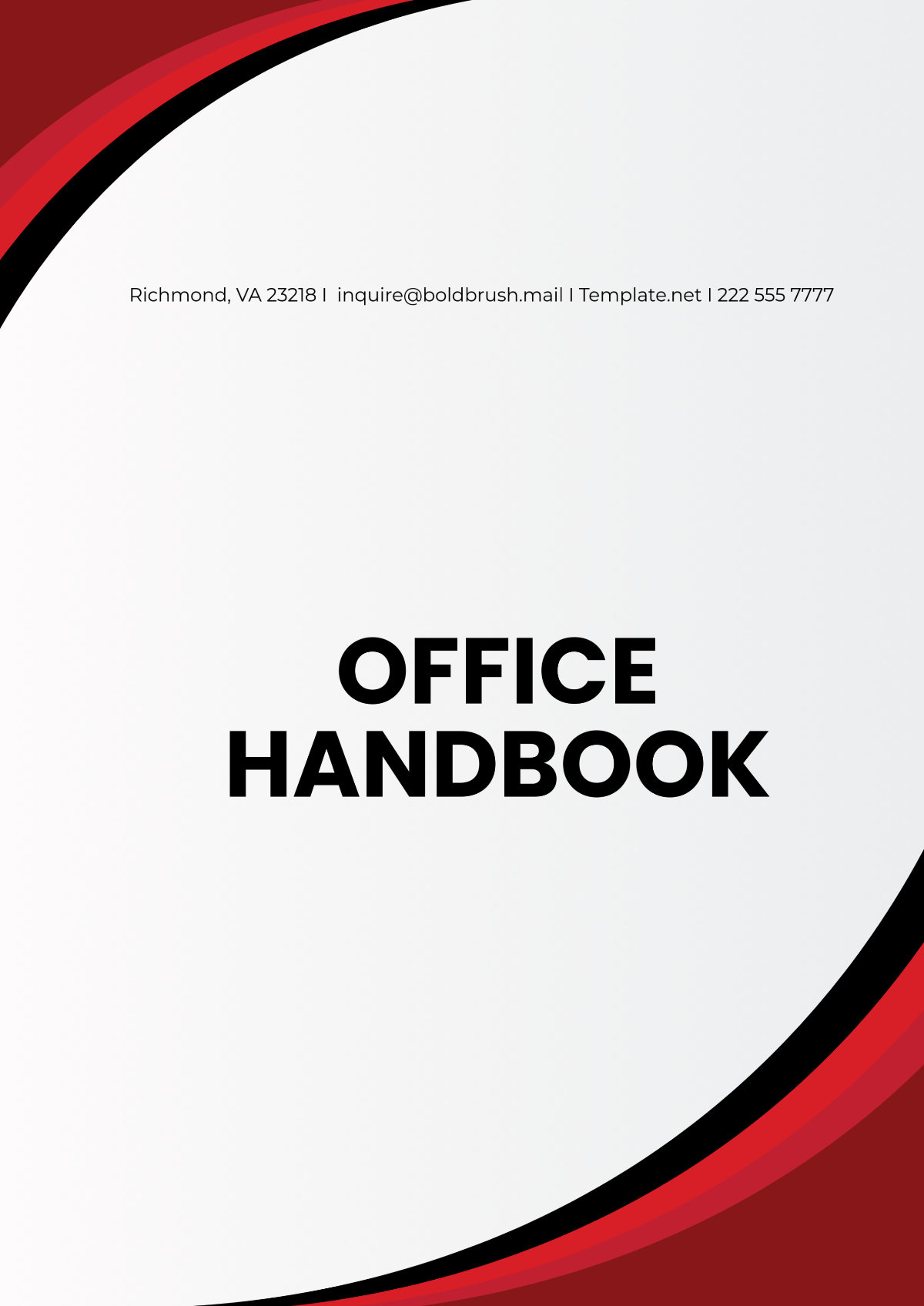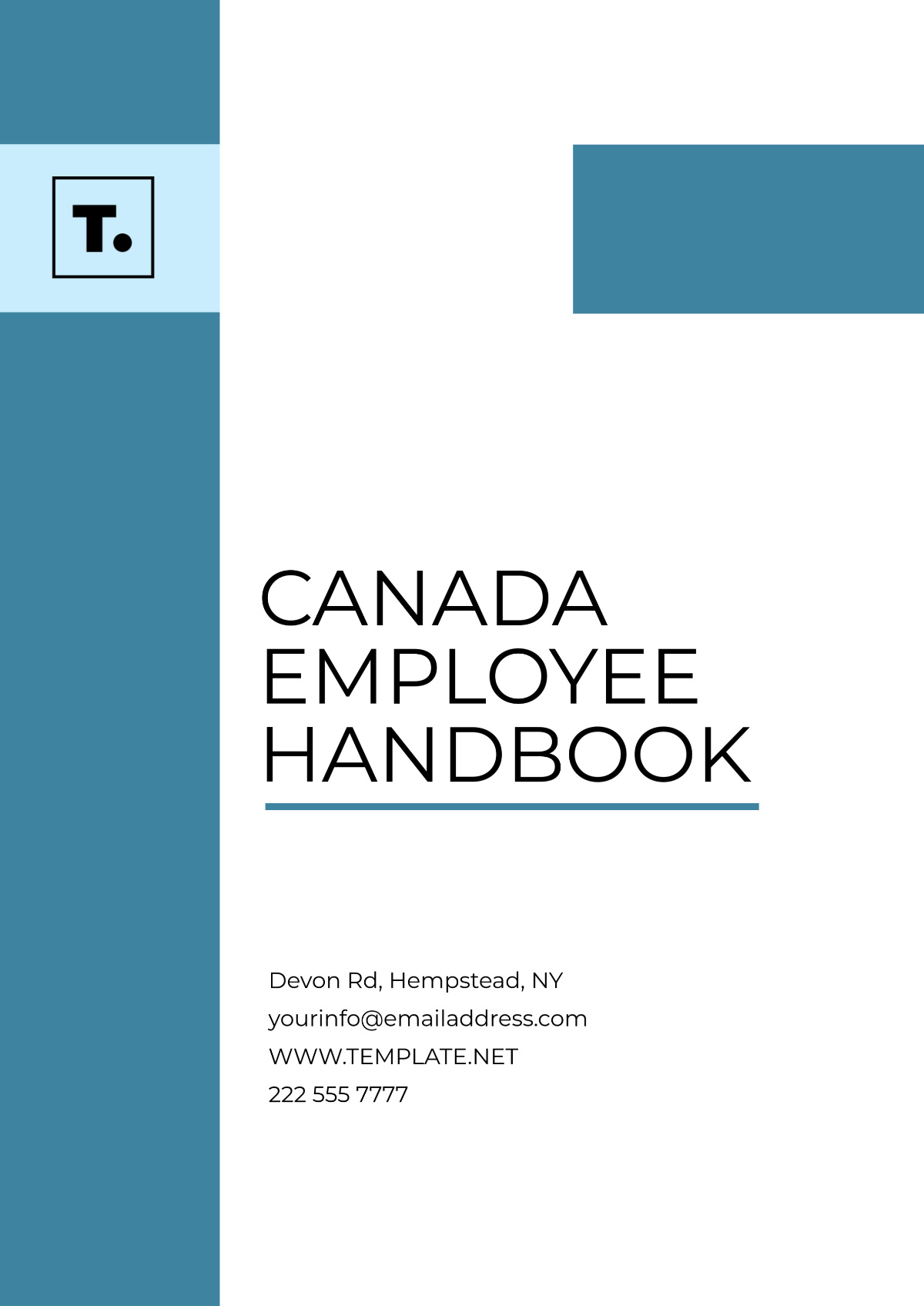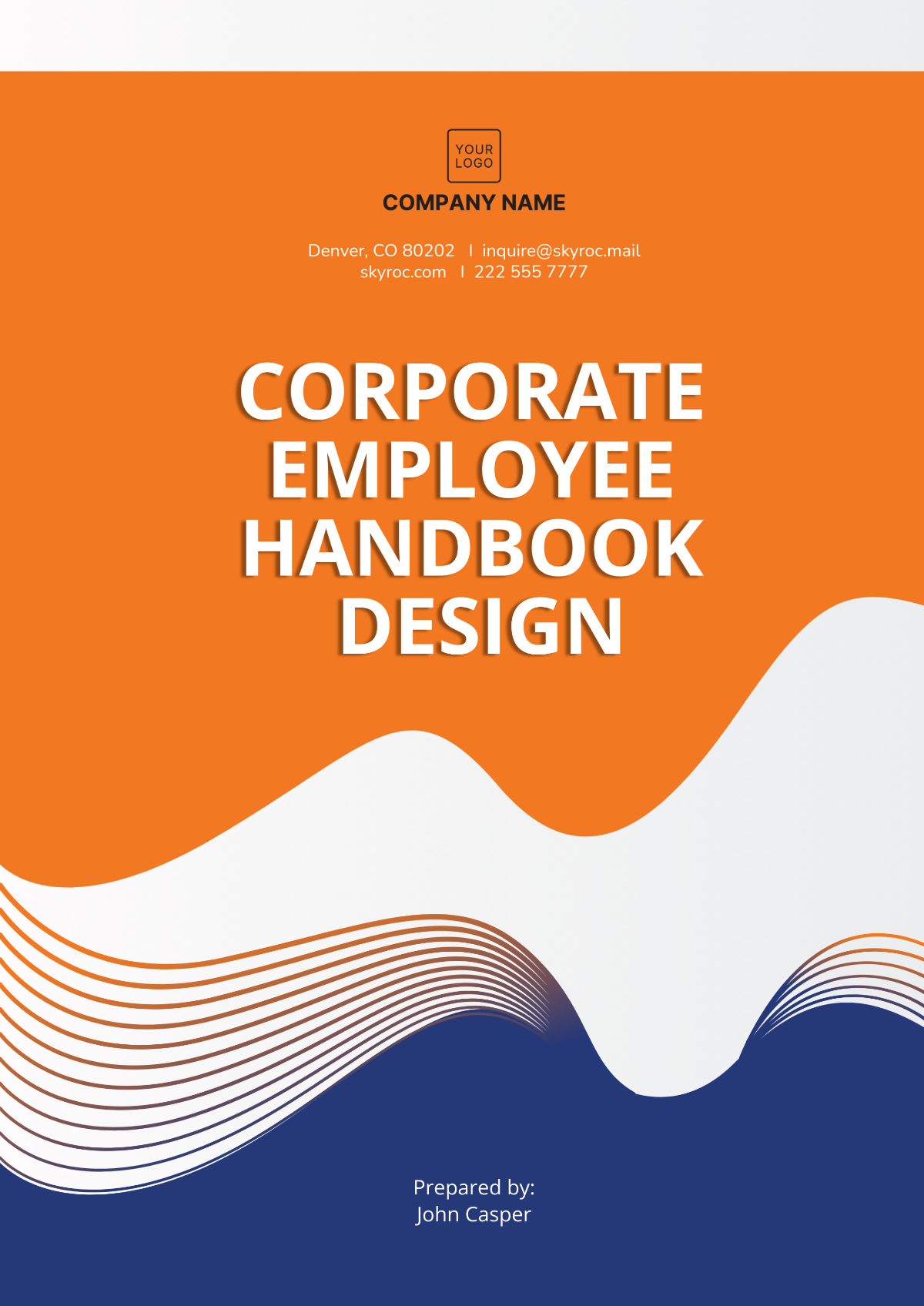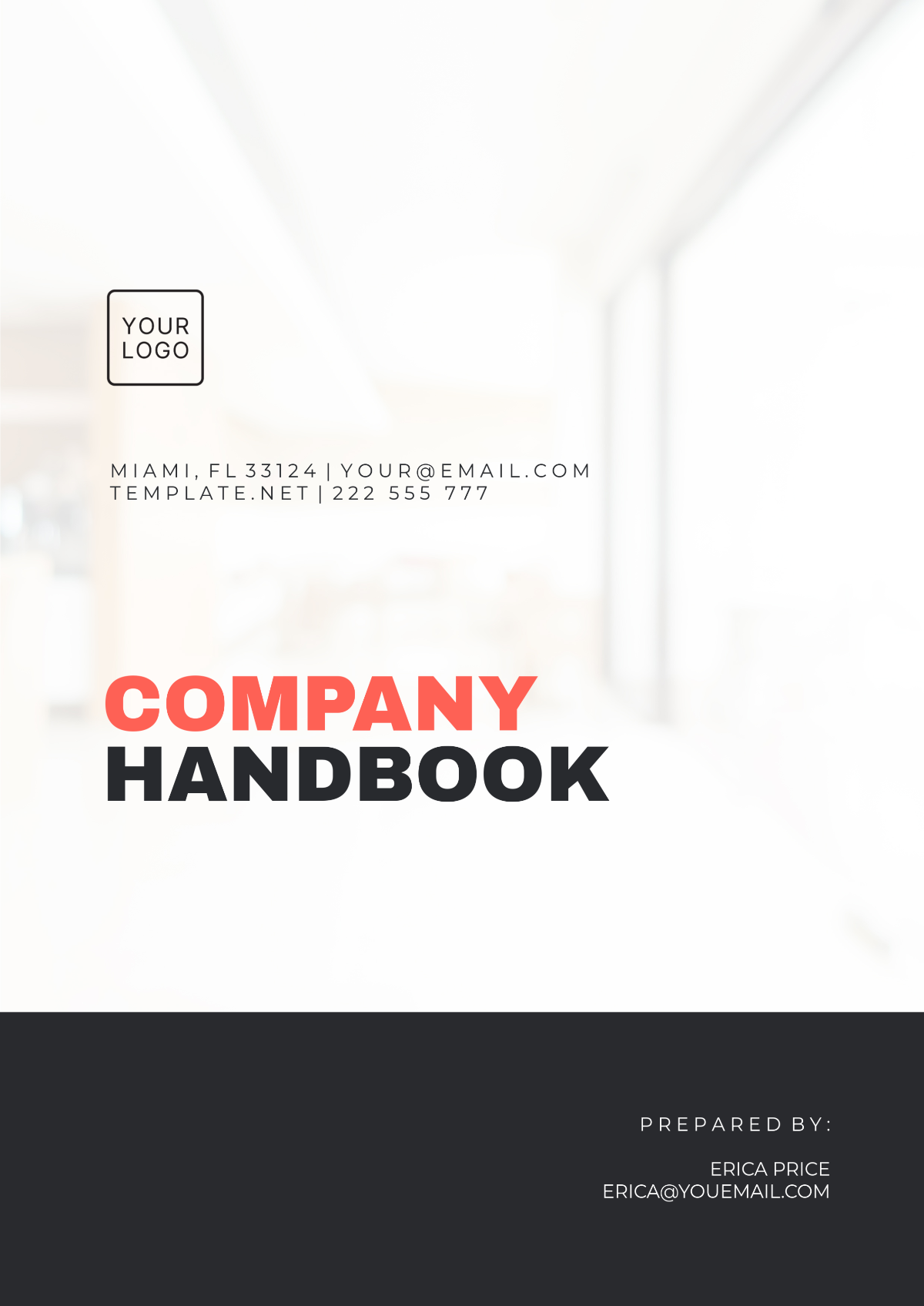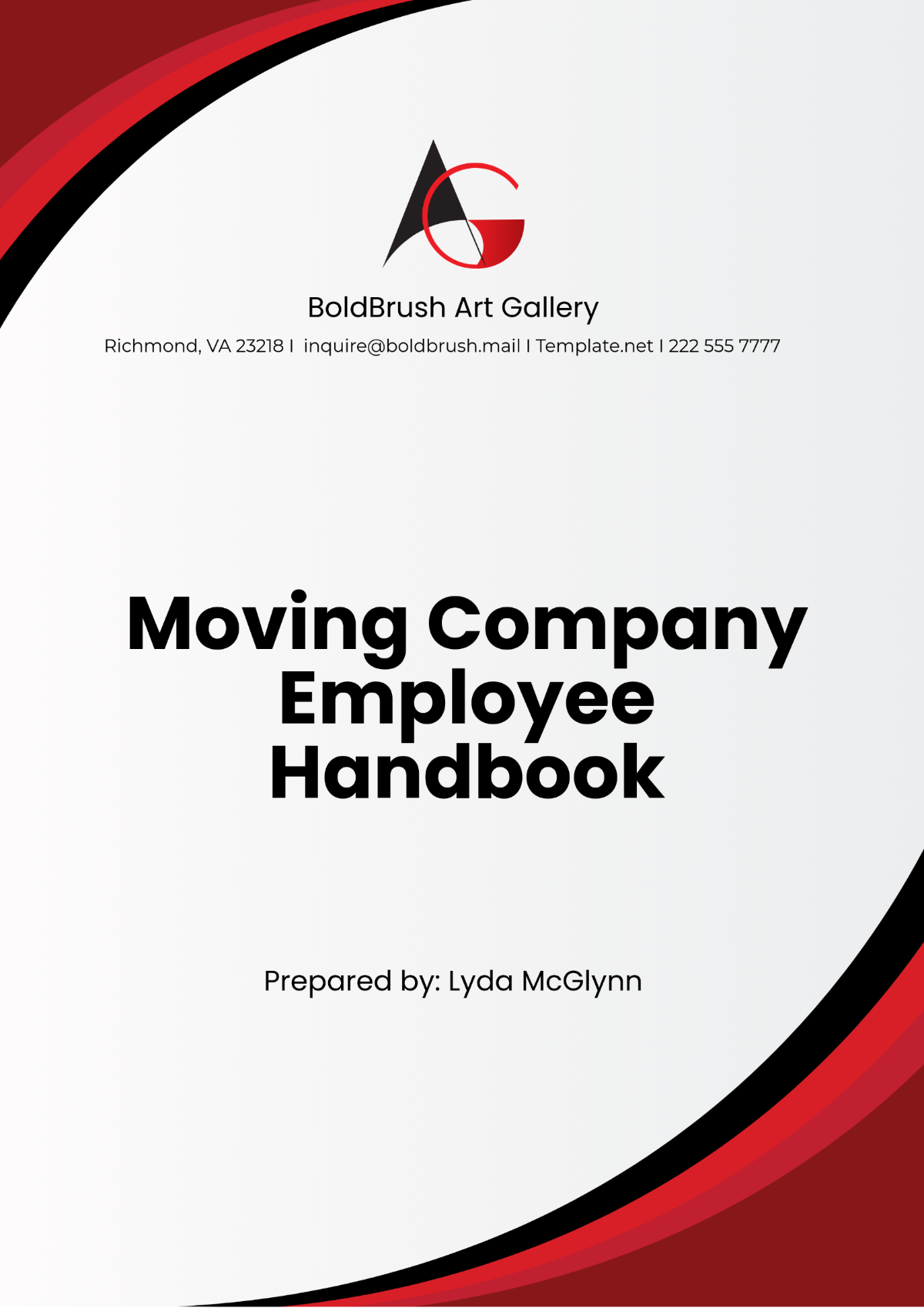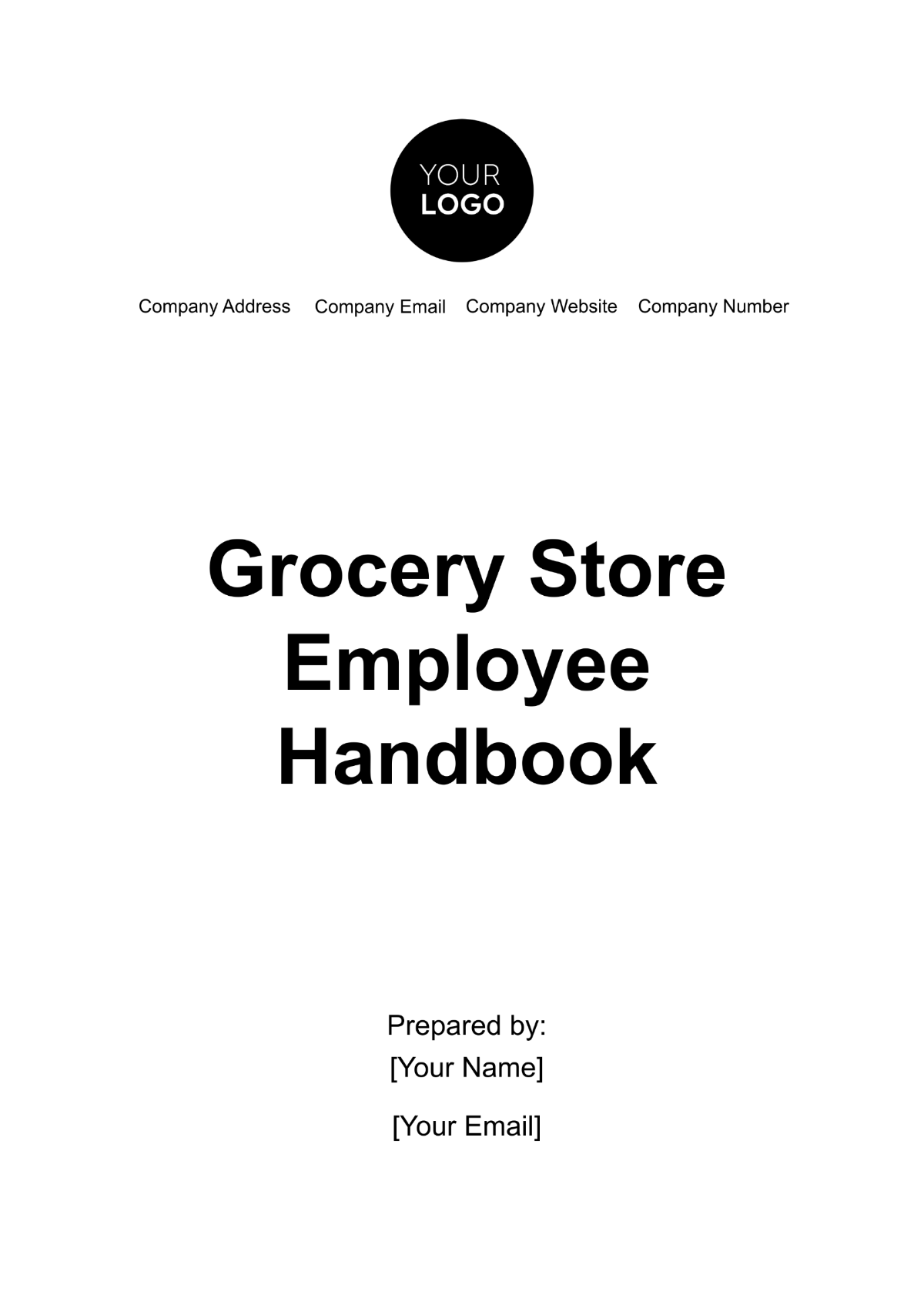Cross-training and Skill Development Handbook
TABLE OF CONTENTS
Cross-training and Skill Development Handbook.........................................................1
TABLE OF CONTENTS....................................................................................................2
1. Introduction..................................................................................................................2
2. Cross-Training Objectives .........................................................................................3
3. Cross-Training Policy..................................................................................................3
4. Cross-Training Process..............................................................................................4
4.1 Identification of Skills................................................................................................4
4.2 Access to Training Resources.................................................................................4
4.3 Skill Assessment.......................................................................................................4
4.4 Skill Development Plans...........................................................................................5
4.5 Performance Metrics................................................................................................5
4.6 Roles and Responsibilities.......................................................................................5
4.7 Feedback and Evaluation.........................................................................................5
5. Identifying Skills .........................................................................................................5
6. Training Resources.....................................................................................................6
7. Skill Assessment..........................................................................................................7
8. Skill Development Plans.............................................................................................7
9. Performance Metrics .................................................................................................8
10. Roles and Responsibilities........................................................................................9
11. Feedback and Evaluation ........................................................................................10
12. Success Stories........................................................................................................11
13. Appendices...............................................................................................................11
14. Contact Information ................................................................................................11
Introduction
Welcome to the [Your Company Name] Cross-training and Skill Development Handbook. This comprehensive guide is your key to unlocking new horizons within our organization. Whether you're an employee eager to expand your skill set or a manager dedicated to empowering your team, this handbook provides the essential knowledge and resources to support your journey.
In an ever-changing professional landscape, adaptability and skill diversification are paramount. This handbook equips you with the tools to thrive and excel in a dynamic work environment.
Cross-Training Objectives
At [Your Company Name], we have laid out clear objectives for our cross-training and skill development initiatives:
Objective 1: Enhancing Employee Adaptability and Versatility
Our primary goal is to enhance the adaptability and versatility of our employees. We believe that by equipping you with a diverse skill set, you can excel in various roles, making our organization more agile and resilient.
Objective 2: Ensuring Continuity of Operations
To ensure the seamless continuity of our operations, we invest in developing employees who can step into multiple roles when needed. This safeguards our mission and business continuity, even in challenging circumstances.
Objective 3: Fostering a Culture of Continuous Learning and Growth
We are committed to fostering a culture of continuous learning and growth. Through cross-training, we encourage all employees to embrace opportunities for development, furthering their careers within the company and contributing to our collective success.
Cross-Training Policy
[Your Company Name] holds a steadfast commitment to employee development through cross-training. We firmly believe that investing in the skills and knowledge of our workforce is essential for our ongoing success. Our policy encompasses the following key elements:
Encouraging Employees to Pursue Skill Development Opportunities: We actively encourage all employees to seek out and engage in skill development opportunities. We recognize that personal growth not only benefits the individual but also enhances the collective capabilities of our organization.
Allocating Resources for Training and Development: We allocate substantial resources to training and development, ensuring that you have access to top-notch learning materials, programs, and mentors. Your growth is an investment we value.
Recognizing and Rewarding Employee Growth and Contributions: We acknowledge and reward employees for their dedication to growth and their valuable contributions to our organization. Your progress matters to us, and we are committed to celebrating your achievements.
Cross-Training Process
4.1 Identification of Skills
Our cross-training process commences with the identification of crucial skills. This collaborative effort involves both employees and managers in determining the skills required for current and future roles. This foundational step sets the stage for a targeted and effective skill development journey.
4.2 Access to Training Resources
[Your Company Name] provides a diverse range of resources to facilitate your skill enhancement:
In-house Training Programs and Workshops: These programs are tailored to nurture specific skill sets, ensuring you receive relevant and focused training.
External Courses and Certifications: We support your exploration of external courses and certifications relevant to your field, providing opportunities for professional growth.
Mentorship Programs: Our mentorship programs connect you with experienced professionals who can provide valuable insights, guidance, and mentorship throughout your development journey.
Online Learning Platforms: Conveniently access curated online platforms, allowing you to expand your knowledge and expertise from anywhere.
Recommended Reading Materials: Discover a thoughtfully curated list of reading materials that can deepen your understanding and proficiency in your chosen field.
4.3 Skill Assessment
Effective skill development begins with a thorough assessment:
Self-Assessment: We encourage honest self-reflection to help you identify your current skills and areas for improvement.
Managerial Assessment: Collaborate with your manager to receive constructive feedback on your current skill set and identify areas for development.
Peer Assessment: Engage with your peers to gain additional insights and broaden your perspective.
4.4 Skill Development Plans
To guide your journey, we offer a Skill Development Plan template in Appendix A. This template enables you to create a personalized roadmap aligned with your career goals and the evolving needs of [Your Company Name].
4.5 Performance Metrics
Measuring progress is crucial:
Key Performance Indicators (KPIs): Specific KPIs, such as completion of training modules, skill mastery assessment scores, and time to skill acquisition, will help gauge your skill development journey's effectiveness.
Regular Discussions: Maintain open and regular discussions with your manager to ensure you remain on the right track and make necessary adjustments as needed.
4.6 Roles and Responsibilities
Understanding the roles of employees, managers, and HR in the cross-training process is vital to its success. We emphasize collaboration and mutual support to create a conducive learning environment.
4.7 Feedback and Evaluation
We value continuous improvement:
Actively participate in feedback sessions to fine-tune your development plan.
Embrace evaluations as opportunities to refine and optimize your skill development journey.
Identifying Skills
Employee's Responsibility | |
Identify Relevant Skills: | Take the initiative to recognize and understand the skills necessary for your current role and your desired future roles within [Your Company Name]. |
Discuss Goals: | Engage in open and transparent conversations with your manager to ensure your skill development goals align with the organization's strategic needs and your personal aspirations. |
Seek Opportunities: | Actively pursue skill assessment opportunities and seek feedback to guide your growth and development effectively. |
Manager's Responsibility | |
Guidance: | Provide employees with guidance and support in identifying the skills necessary for their roles and their broader career progression within the company. |
Support: | Offer unwavering support to employees in setting meaningful skill development goals that contribute to their professional growth and our organization's success. |
Feedback: | Regularly provide constructive feedback and guidance to ensure that team members make substantial progress in their skill development journeys. |
Training Resources
To empower your skill development, [Your Company Name] offers a comprehensive suite of resources:
In-house Training Programs and Workshops: Our programs are meticulously designed to nurture specific skill sets, ensuring you receive targeted and impactful training.
External Courses and Certifications: We encourage you to explore external courses and certifications relevant to your field, with our full support, as part of your ongoing professional development.
Mentorship Programs: Benefit from our mentorship programs that connect you with seasoned professionals who can offer valuable insights and guidance throughout your journey.
Online Learning Platforms: Conveniently access curated online platforms that enable you to expand your knowledge and expertise at your own pace and convenience.
Recommended Reading Materials: Discover a thoughtfully curated list of reading materials that will deepen your understanding and proficiency in your chosen field.
With these resources at your disposal, [Your Company Name] is committed to ensuring that you have the necessary tools and knowledge to excel in your chosen career path.
Skill Assessment
Evaluating your skills is a pivotal step in your skill development journey. We offer several methods for skill assessment:
Self-Assessment: This method encourages honest self-reflection, allowing you to gain insight into your abilities and areas where improvement is needed. Take time to reflect on your strengths and pinpoint areas where you can enhance your skills.
Managerial Assessment: Collaborate with your manager to receive valuable feedback on your current skill set. Your manager's insights and observations can provide you with a clear understanding of your strengths and areas for development within your current role and future career path.
Peer Assessment: Engage with your colleagues to seek input and diverse perspectives on your skills. Your peers can offer unique insights, broadening your understanding of your strengths and areas for growth. Peer feedback can be a valuable source of guidance and self-improvement.
This multifaceted approach to skill assessment ensures a comprehensive understanding of your abilities and sets the stage for focused skill development.
Skill Development Plans
Crafting a skill development plan is a critical component of your journey. To guide you effectively, we provide a user-friendly template in Appendix A. Your plan should align with both your career aspirations and the evolving needs of [Your Company Name].
Using the Template: Access the Skill Development Plan template in Appendix A and follow these steps:
Define Your Goals: Clearly define your skill development goals, keeping in mind your career objectives and how your growth can contribute to the organization.
Select Targeted Skills: Identify the specific skills you plan to develop. These should be aligned with your current role and future career path.
Set Milestones: Break down your development journey into manageable milestones. These milestones should represent tangible achievements that will mark your progress.
Identify Resources: Determine the resources you need, whether they involve training, mentorship, or access to specific tools or platforms.
Establish a Timeline: Set a realistic timeline for achieving your milestones and overall skill development objectives.
Monitor and Adjust: Regularly review your plan and progress. Be prepared to adjust your plan as needed to stay aligned with your goals and adapt to changing circumstances.
Your skill development plan serves as your roadmap, ensuring that your growth is purposeful, focused, and aligned with both personal and organizational objectives.
Performance Metrics
Key Performance Indicators (KPIs) are essential tools for measuring skill development progress. These KPIs serve as benchmarks to assess your journey toward skill enhancement and proficiency. Some relevant KPIs include:
Completion of Training Modules: Measuring the percentage of completed training modules in relation to the total assigned, reflecting your commitment to skill development.
Skill Mastery Assessment Scores: Evaluating your performance in skill mastery assessments, with KPIs based on predetermined scores or levels of proficiency.
Time to Skill Acquisition: Tracking the average time it takes for you to acquire new skills or reach proficiency in targeted areas.
Skill Utilization Rate: Measuring how frequently you apply newly acquired skills in the workplace, demonstrating their impact on productivity and efficiency.
Employee Feedback and Satisfaction: Collecting feedback from you regarding your skill development experiences and your overall satisfaction with the process.
Manager Feedback and Involvement: Assessing the level of engagement and feedback provided by your manager throughout your skill development journey.
Skills Gap Closure: Monitoring the reduction in identified skills gaps between your current and desired skill levels.
Project Contributions: Evaluating the impact of newly acquired skills on your contributions to individual and team projects.
Promotion and Advancement Rate: Tracking the rate at which employees who have undergone skill development are promoted or advance within the organization.
These KPIs provide a clear picture of your skill development progress. Your manager will engage in regular discussions with you to review your performance and provide feedback, ensuring that your development plan remains aligned with your goals and the company's evolving needs. You can also make adjustments to your plan as necessary to optimize your skill development journey.
Roles and Responsibilities
In the cross-training and skill development process, clear roles and responsibilities are key to success. Here's how each stakeholder contributes:
Employee Responsibilities | |
Ownership of Skill Development: | Take ownership of your skill development journey. Recognize that your growth is a personal and professional investment. |
Communication with Manager: | Maintain open communication with your manager. Share your skill development goals, progress, and any challenges you encounter. |
Feedback and Training Opportunities: | Actively seek feedback on your performance and areas for improvement. Identify and pursue training opportunities that align with your development objectives. |
Manager Responsibilities | |
Support Skill Development: | As a manager, support your team's skill development efforts. Understand the skills your team members need to excel in their roles and provide guidance on acquiring them. |
Provide Resources: | Offer access to necessary resources, such as training materials, courses, workshops, and mentorship opportunities. |
Feedback and Guidance: | Regularly provide feedback and guidance to help employees achieve their skill development goals. Encourage a culture of continuous learning and growth within your team. |
HR Responsibilities | |
Oversee the Cross-Training Program: | HR plays a vital role in overseeing the overall cross-training program. This includes developing and implementing training strategies and ensuring they align with the organization's goals. |
Provide Access to Resources: | HR provides access to training resources, both internally and externally, to support skill development. |
Program Monitoring and Evaluation: | HR is responsible for monitoring and evaluating the effectiveness of the cross-training program, making necessary adjustments to enhance its impact. |
Collectively, these roles and responsibilities create a collaborative environment where skill development is nurtured and supported.
Feedback and Evaluation
Feedback and evaluation are integral components of our commitment to continuous improvement. Open communication and feedback among employees, managers, and HR are crucial. Here's why:
Transparent Communication: We encourage open and transparent communication between all stakeholders involved in the skill development process. This ensures that everyone is on the same page regarding goals, progress, and challenges.
Feedback for Growth: Regular feedback sessions provide opportunities for employees to receive constructive feedback from their managers and peers. This feedback helps individuals understand their strengths and areas for improvement.
Continuous Improvement: The insights gained from feedback sessions are invaluable for making continuous improvements to skill development plans. Adjustments can be made to optimize skill development journeys.
Evaluation for Effectiveness: Evaluation processes are essential for assessing the effectiveness of the cross-training program. HR plays a pivotal role in conducting evaluations and ensuring that the program aligns with organizational objectives.
Effective feedback and evaluation mechanisms foster a culture of growth, where employees are empowered to reach their full potential.
Success Stories
Discover inspiring stories of employees who have reaped the rewards of cross-training and skill development in Appendix B. These stories serve as a testament to the power of continuous learning and skill enhancement. You'll find valuable insights, practical tips, and real-world examples of how skill development has positively impacted careers and contributed to the success of [Your Company Name]. Explore these stories for motivation and guidance on your own skill development journey.
Appendices
The appendices provide valuable resources and templates to support your skill development journey:
Appendix A: Skill Development Plan Template: This template serves as a structured framework for creating your personalized skill development plan. Use it to define your goals, milestones, resources, and timelines to chart your path to success.
Appendix B: Success Stories: Explore inspiring stories of employees who have harnessed the power of cross-training and skill development within [Your Company Name]. These real-life experiences offer valuable insights and motivation for your own growth.
These appendices are designed to enhance your learning experience and provide practical tools for your professional development.
Contact Information
For any inquiries or assistance, please don't hesitate to reach out to us:
HR Department:
Contact: [HR Contact Information]
Training and Development:
Contact: [Training Contact Information]
We're here to support you on your journey to skill development and growth. For additional company updates and resources, visit:
[Your Company Website]
[Your Company Social Media]
Feel free to connect with us through these channels to stay updated and engage with our community.
